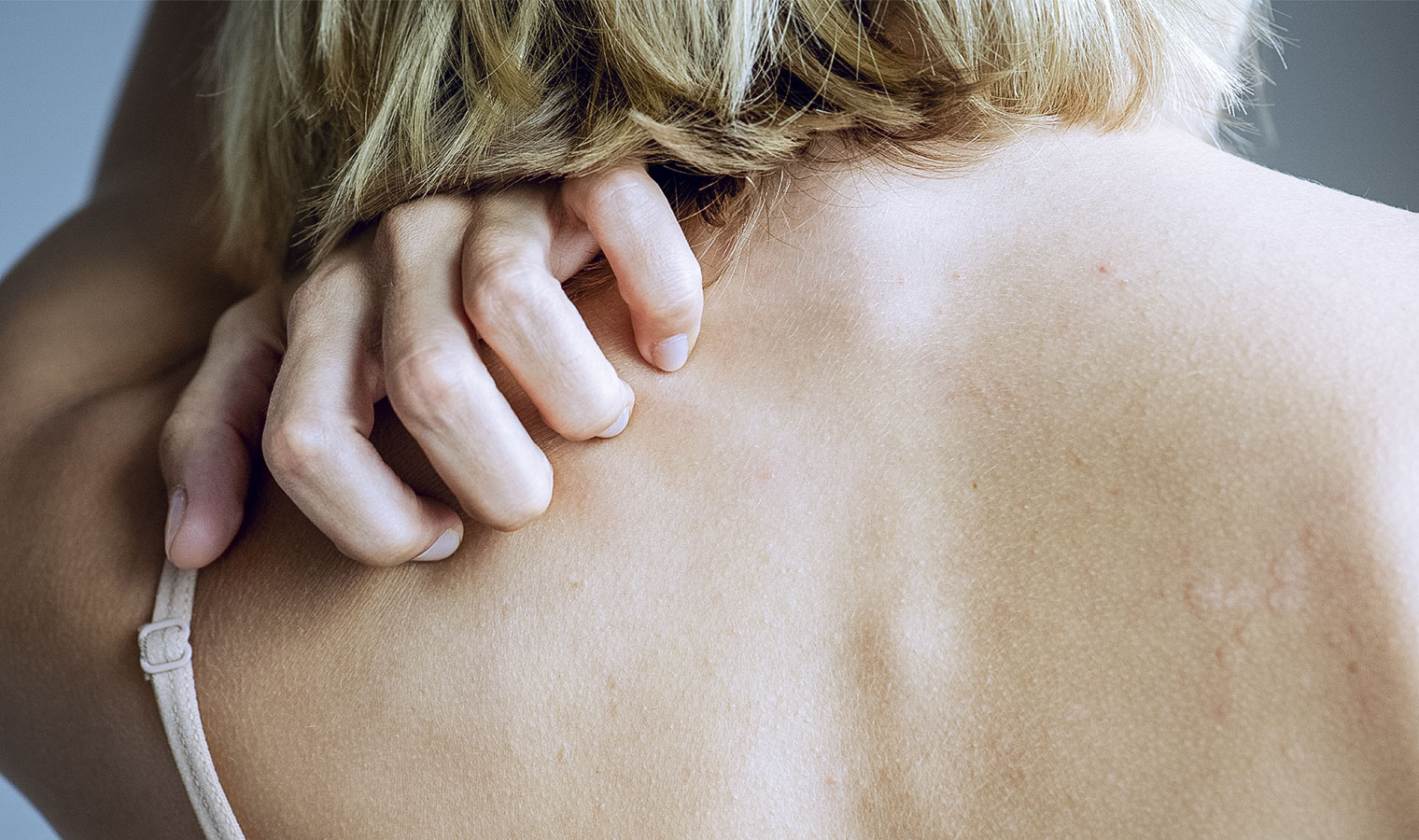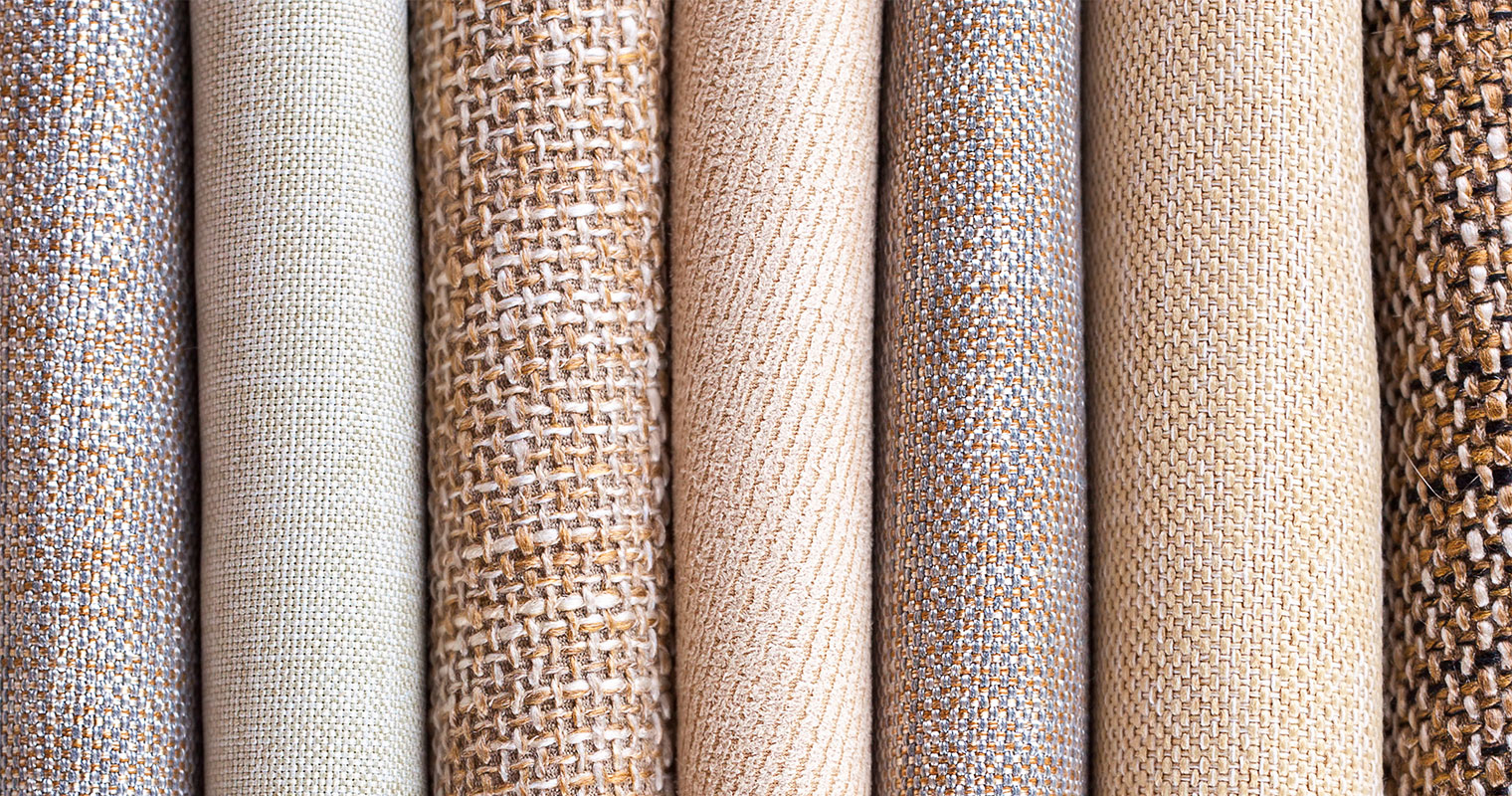What is sensitive skin?
Sensitive skin is the skin that reacts on getting exposed to its environment and often becomes red, spotty, inflamed and flaky and feels hot, uncomfortable and itchy. This happens because of the weakening of the natural barrier function of your skin due to a trigger.
Many individuals say that their skin is sensitive as when their skin comes into contact with any skin care or household products it stings, burns or becomes red, itchy, dry or tight. Or even without causing any visible effects the product causes their skin to feel uncomfortable.
Who is more prone to develop sensitive skin?
The following factors make you more prone to develop sensitive skin:
Natural causes, allergies and genetics
Some people have sensitive skin by birth naturally. It is due to genetics or their genes. Some people may develop allergies at certain phases during their lifetime without any reason. They may develop it during childhood, as a teenager or during adulthood. Women are usually more prone to have sensitive skin than men particularly if they have fair or delicate skin.
Hot water
People who take long baths or showers in hot water are more prone to develop itchy and sensitive skin, especially if they don’t apply a moisturizer afterwards.

Cosmetic products
People who use cosmetic products often especially that contain harsh and strong ingredients are prone to develop a sensitive skin. The ingredients in cosmetic products that may cause sensitive skin are alcohol, antiperspirants or anti-bacterial ingredients and additives to make the product visually appealing or fragrant.
The weather
People who live in countries that have cold weather are prone to have sensitive skin. The lack of sunlight and harsh and cold winds during the winter months makes your skin drier and tighter resulting in soreness, itchiness, and redness.
Lack of sleep and stress
If you are stressed out and don’t get enough sleep at night, then it may affect negatively not only your general health but also the health of your skin. You may tend to get more breakouts and your skin may become more sensitive.
Diet
Food containing additives like food colourings may trigger inflammation of the skin. Hence, eating foods containing food colourings may make your skin sensitive. Similarly, if you eat a diet rich in salt and sugar, then you are prone to get sensitive skin because such diet activates inflammation. An example of such food is junk, processed and fast food.
Spicy and hot food stimulates the blood circulation and raises body temperature. The increased temperature and heat in the body may make the skin more sensitive. So, if you eat spicy and hot foods, you are more prone to develop sensitive skin.
In some people, certain foods or food additives may make skin reactive or sensitive, particularly skin, which is already vulnerable and delicate. Famous foods that may act as triggers are dairy, soy, peanuts, eggs, and gluten.
What contributes to sensitive skin?
The following factors contribute to making your skin more sensitive:
- Exposure to the sun.
- Exposure to pollution in the air.
- Frequent temperature changes.
- Harsh, cold weather – the skin tends to be more sensitive during winter months as the harsh and cold winds during winter makes your skin tight and dry and results in itching and soreness.
- Hard water (water that has high mineral content).
- Taking long showers or baths in very hot water, especially if not followed by the application of moisturizer afterwards leads to sensitive skin.
- Lack of sleep and stress may also affect the overall health of your skin making it more sensitive.
- Hormonal changes in a female during the menstrual cycle, menopause or pregnancy and during puberty in both males and females may make the skin sensitive.
- Swimming in chlorinated pools.
- Dehydration.
- Application of cosmetics containing harsh ingredients such as alcohol, fragrance additives etc.
- Consuming alcohol.
- Eating a diet rich in fast, processed and junk foods that contain fats, sugars, and additives. Eating hot and spicy foods can also make your skin sensitive by raising the temperature of the body. Allergies to certain foods like dairy and gluten may also cause rashes and skin inflammation.
- Existing conditions of the skin such as Rosacea, atopic dermatitis and acne may make your skin sensitive and reactive.
- Using cleaning products such as detergents and soaps that contain harsh ingredients may damage the surface of the skin and remove its protective oils; thereby, making it sensitive.
How do you know if you have sensitive skin?
The following are the indicators which determine that you have a sensitive skin and you may require visiting a physician.
1. Your skin is reactive
Your skin reacts on getting in contact with products such as detergents, soaps, fragrances, household cleaning products or skin care products and as a result produces symptoms including bumps, pustules, or skin erosion. Changes in your skin may also occur on exposure to environmental factors such as wind, sun’s rays, and cold weather.
2. Redness
If you have sensitive skin you may develop redness, which may appear as a rash, red bumps, dilated blood vessels or blushing or flushing. The symptoms of redness may subside on the removal of the irritant, but, in some cases, the redness may persist, which indicates even more sensitiveness of skin.
3. Itchy
Your skin may become itchy and tight after cleaning it with certain ingredients that are too harsh for you if you have sensitive skin. Furthermore, using hot water can make the itching worse. The itching due to sensitive skin becomes worse during the months of winter when the weather is dry and cold. Scratching of the itchy skin may result in additional irritation of the skin. It may even lead to infection of the skin.
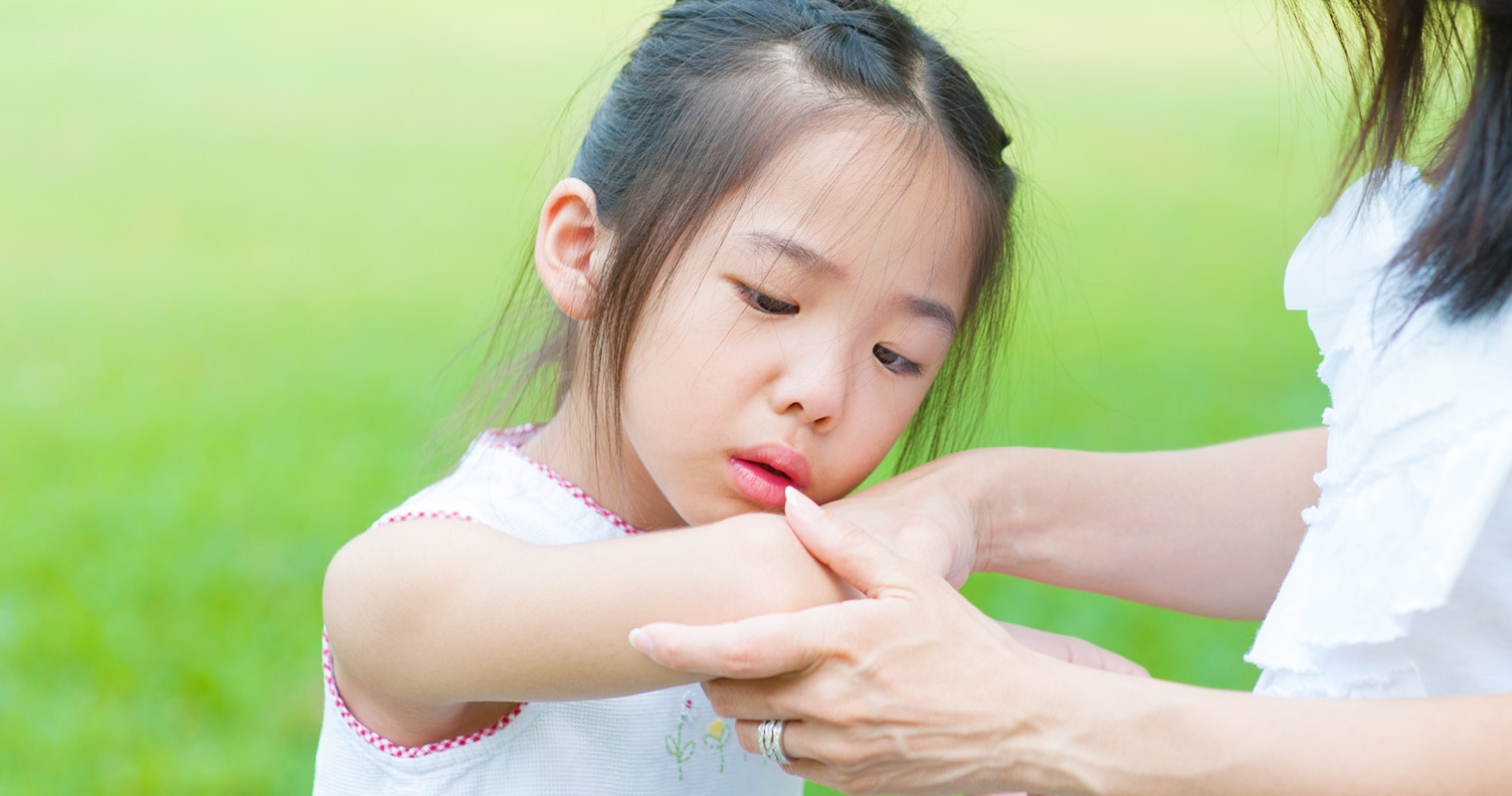
4. Stinging sensation
If the application of certain cleaning or skin care products causes a burning or stinging sensation on your skin then you may have a sensitive skin. A reaction to such products is particularly common if alcohol is present as one of the ingredients in these skin care products.
If you have sensitive skin, you may develop breakouts while using products for anti-aging. If you develop a sensation of stinging after application of a new skincare product, remove it immediately and rinse your skin with cold water.
5. Dry
If your skin is very dry and it doesn’t protect the nerve endings present in the skin, then it is categorized as sensitive skin. Your skin may become drier during the months of winter when the weather is cold and dry.
6. Rashes
If you get rashes easily, which are bumpy, red or flaky on getting exposed to various skin care and household cleaning products then your skin may be categorized as sensitive skin. You may develop rashes immediately after getting in contact with such products or after some time.
If you experience an allergy to some product, it may be more serious in comparison to sensitive skin and you may need to visit a physician for it.
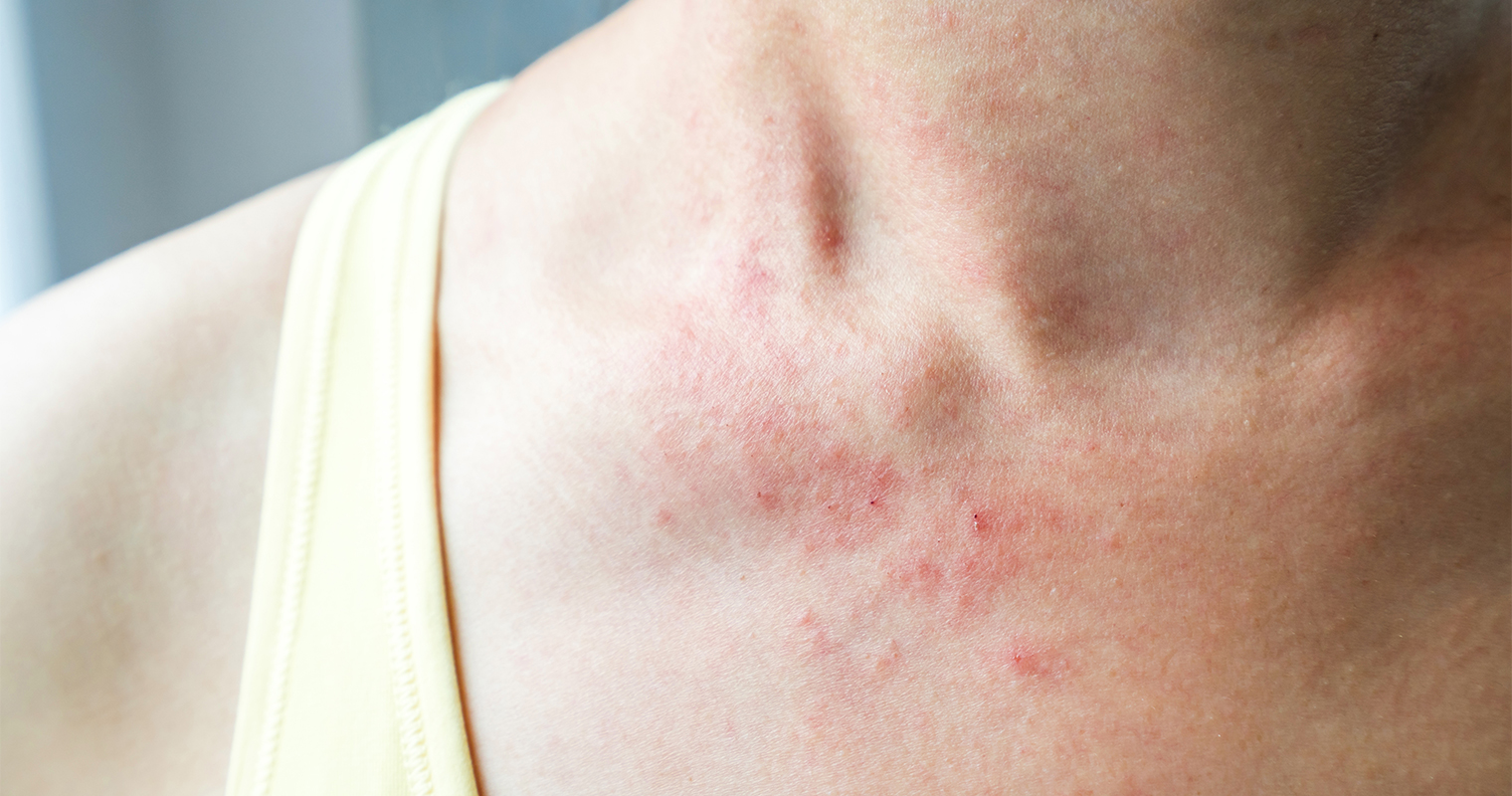
7. Prone to develop breakouts
If you have sensitive skin, it is prone to develop breakouts of acne (red bumps). Certain skin care products that are specific for acne or breakouts may only worsen the situation.
8. Flaky skin
If you have sensitive and dry skin, your skin may start peeling or flaking. Such type of skin may become painful and raw. It can also lead to infection and scarring. It is also visually embarrassing to have flaky skin.
9. Sunburn
If you have sensitive skin you are more at risk to get sunburn. Hence, you should always apply sunscreen when going outdoors. However, due to the presence of harsh ingredients in certain sunscreens, your sensitive skin may react negatively to a sunscreen. Use a sunscreen that contains titanium dioxide or zinc oxide.
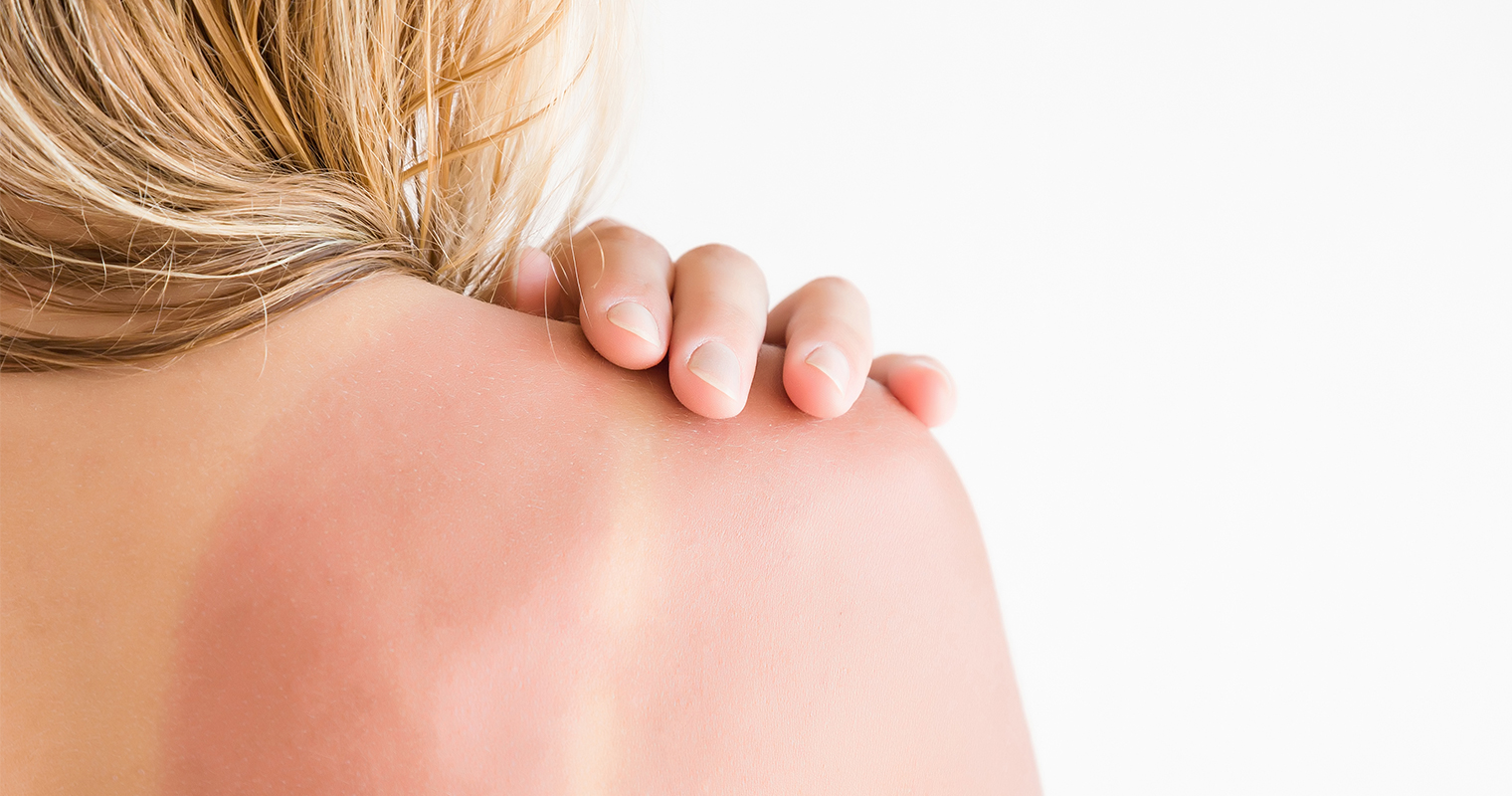
Reasons for Itchy, Red or Painful Skin other than Sensitive Skin
You may develop a red, itchy and painful skin for reasons other than sensitive skin. Some of these reasons are:
Conditions of the skin
Some conditions of the skin cause red rashes and itching. These include scabies, lice, psoriasis, chickenpox etc. Scabies is an infestation of the skin by a skin mite known as Sarcoptes scabiei. The main symptom is rash and severe itching, which is worse at night. Lice are parasites that live on your body, hair, and clothes. Symptoms are small red coloured bumps and intense itching.
Psoriasis is a chronic autoimmune disease in which there are patches of red, scaly, dry and itchy skin. Chickenpox is a viral infection that causes an itchy rash and red blisters on the skin. The blisters start leaking fluid after a few days.
Internal diseases
Itchy and painful skin may also occur due to any underlying disease. These diseases may include kidney failure, liver disease, and thyroid problems, cancers such as lymphoma and leukaemia and liver disease. The itching will usually affect your whole body in such cases. The skin will appear otherwise normal except that you will have areas that have been scratched repeatedly.

Nerve disorders
Certain conditions of the nervous system like diabetes mellitus, multiple sclerosis, herpes zoster (shingles) and pinched nerves may also cause itchy and painful skin.
Drugs
You may develop red rashes and itching of skin due to reaction to certain medicines such as antifungal medicines, narcotics, and antibiotics.
Pregnancy
Some females experience, itchy, red skin during pregnancy, particularly on the thighs and abdomen. Moreover, if you have sensitive skin conditions like dermatitis, it may get worse during pregnancy.

Must have symptoms to claim you have sensitive skin
The following are the must-have symptoms to claim you have a sensitive skin:
- Your skin reacts to triggers such as soaps, detergents, perfumes, and household products.
- You develop redness, flushing, and blushing.
- Your skin feels tight and itchy, particularly after cleaning with harsh products.
- Your skin burns and stings.
- You develop rashes quite often.
- You are more prone to develop breakouts.
- Your skin peels and flakes.
- You get sunburn easily.
- You have dry skin.
Are there any medical tests to identify sensitive skin?
A patch test is able to identify allergens that are resulting in sensitive skin. Otherwise, testing for sensitive skin is difficult for physicians as many factors may cause it.
How do physicians diagnose sensitive skin?
Most individuals who have sensitive skin and who develop mild irritation due to skin care and other household products don’t go to a physician to seek medical aid. Instead, they keep on trying different products till they find a product, which doesn’t cause irritation of their skin. They visit a dermatologist only if the symptoms on their skin worsen.

When you see a dermatologist for sensitive skin symptoms, they will first rule out skin conditions like Rosacea and eczema or whether you have contact with an allergen (skin irritant). They may do a patch test to rule out for allergies to various substances. They will also inquire about your plan for skin care; try to identify any irritants that may be the cause of sensitive skin and advise milder household and skin care products that don’t irritate your sensitive skin.
What is patch test for sensitive skin?
A patch test is a type of skin test that is usually done to check whether a particular ingredient or substance is the cause of contact dermatitis (allergic skin reaction or irritation). The test is able to determine delayed allergic reactions that may develop after several days.
It doesn’t necessarily involve the use of a needle. During the test, after application of allergens to patches, they are placed on the skin of the individual. During this test, 20-30 extracts of different substances (allergens) may be applied to your skin at one time. These may include fragrances, latex, hair dyes, metals, resins, and preservatives. You have to wear these patches on the back or arm for two days.
During this period, you must avoid showering and activities, which may result in heaving sweating. After two days, you return to the doctor’s office. They remove the patches and look for an allergic reaction. The irritated and inflamed skin at the site of a patch may indicate that you are allergic to the specific allergen.
Self-help steps to identify the reasons for your Sensitive Skin
If you have sensitive skin, it may become irritated after using various household products.
- Observe your skin’s reaction to extreme weather conditions such as very cold and hot weather. Hot weather may cause rash, tightness or redness. Cold weather or dry and harsh winds may cause irritation and dryness, which may result in itchiness and tightness of the skin.
- If your skin gets irritated, red and dry after using normal soaps, then they may be the cause of your sensitive skin.
- Should you feel any sensation of stinging or burning after applying new lotions or creams, then these may be the cause of your sensitive skin.
- Take note of irritants and allergens that cause irritant or allergic contact dermatitis. Make a note of the product that causes the reaction each time you get one. This helps in keeping track of the products that affect your skin.
- Another method is to stop using all the products, especially if you are using multiple products at a time. The problems with your skin will clear in some days afterwards. Reintroduce each product one at a time including lotions, makeup, and creams. Apply it for a few days before adding a new product, and look for any changes in the skin before using a new product.
- If your symptoms remain even after you stop using the products, there may be a possibility that your sensitive skin is due to a medical condition such as Rosacea. In such cases, you should visit a dermatologist.
Causes of sensitive skin
The different causes of sensitive skin are as follows:
1. Dry skin
Dry skin is one of the causes as well as indicators of sensitive skin. It occurs when the skin loses excessive oil and water.

It may occur due to any of the following causes:
- Weather. Skin is driest in the winter months when humidity levels and temperature are low.
- Heat. Space heaters, central heating, fireplaces, and wood-burning stoves all decrease humidity and make your skin dry.
- Hot showers and bath. Taking hot baths and showers for a long duration may make your skin dry. Similarly swimming frequently in chlorinated pools can also dry the skin.
- Harsh detergents and soaps. Many detergents, shampoos, and soaps remove moisture from the skin.
- Other conditions of the skin. People who have other skin conditions like psoriasis or eczema are also more likely to develop dry skin.
- Old age. People who are age 40 or more are more prone to develop dry skin.
Due to dryness, the skin may:
- Itch
- Peel
- Flake or scale
- Feel rough to tough
- Appear ashy looking or red
- Crack and even bleed
Dryness of skin can occur anywhere on the body; however, it is especially common on:
- Hands
- Arms
- Feet
- Lower Legs
Treatment for dry, sensitive skin
You may treat dry sensitive skin by providing moisture to affected areas. Apply a moisturizer (ointment or cream) twice or thrice a day to help restore the lost moisture. It will also prevent drying of the skin in the future. Use a moisturizer without fragrance that is specially made for individuals with sensitive skin.
Products you should use
With dry sensitive skin, your focus should be on retaining and restoring moisture in the skin.
To cleanse:
Use a soap-free, gentle cleanser that doesn’t strip off healthy oils from your skin.
To moisturize:
- Face: A cream-based, fragrance-free, gentle moisturizer can help in locking in moisture and in protecting your sensitive skin all through the day.
- Body: Use natural oil such as Shea butter that doesn’t irritate the skin.
- Hands: Use a cream-based, fragrance-free, gentle moisturizer to keep your hands smooth and soft.
2. Eczema
Eczema or atopic dermatitis is another cause of sensitive skin. It affects the ability of your skin to protect it from irritants such as microorganisms in the air or chemicals present in a detergent. This makes you sensitive to certain products such as cosmetics and soaps, which don’t produce any reaction in other people.
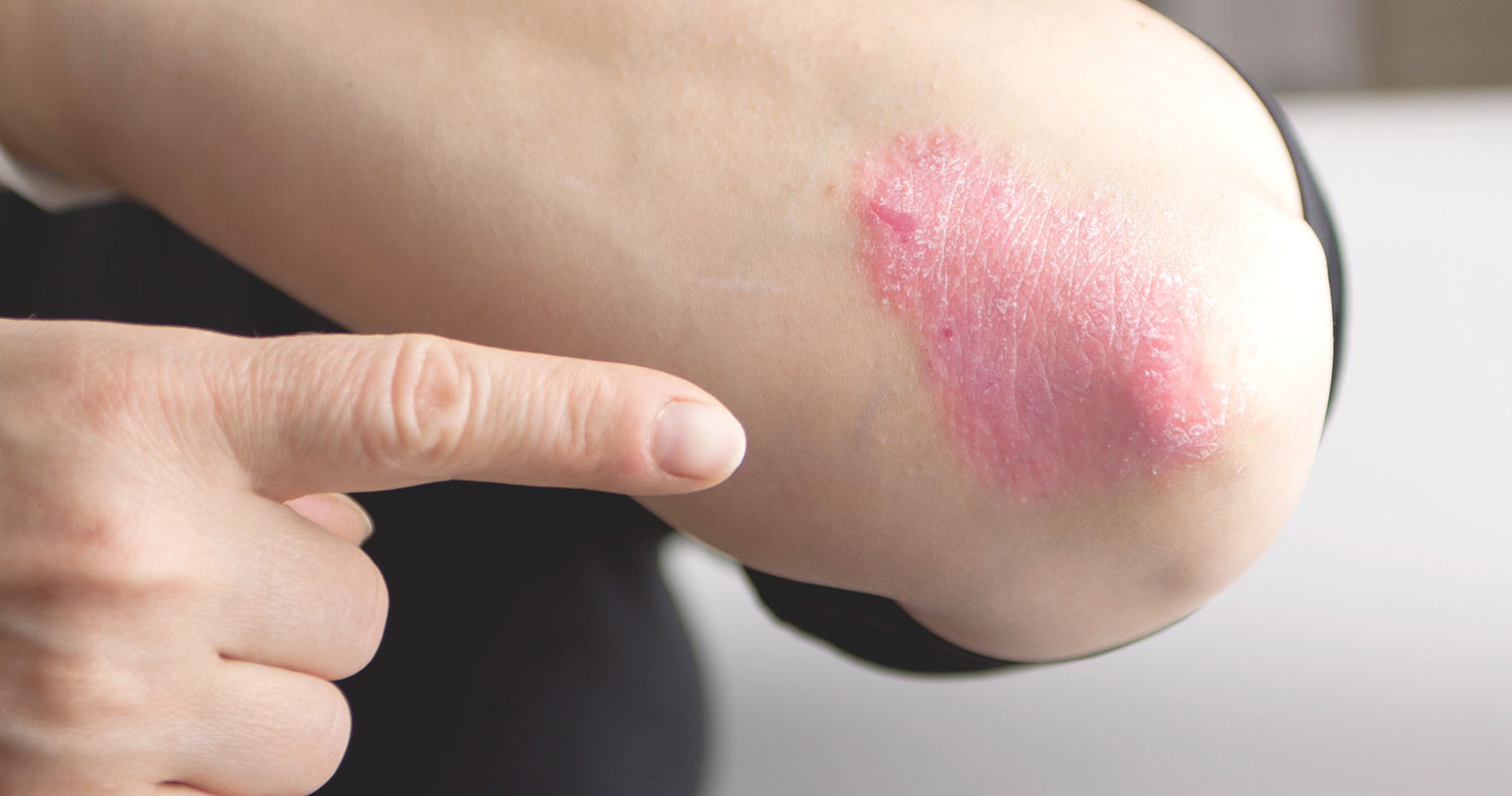
Causes of eczema
The trigger of eczema is very commonly an overactive immune system responding aggressively on exposure to irritants. Examples of irritants are:
- Chemicals present in detergents and cleaners, which makes the skin dry.
- Rough material such as wool.
- Raised temperature of the body.
- Synthetic fabrics.
- Sweating.
- Changes in temperature.
- Stress.
- Sudden decrease in humidity levels.
- Food allergies.
- Upper respiratory infection.
- Animal Dander.
Symptoms of eczema
Symptoms vary widely in different persons. You may get any of these symptoms:
- Dryness
- Itchiness
- Swollen, raw skin
- Small bumps from which fluid may leak and a crust may form
- Red to brown-grey coloured patches on the skin
- Thick, scaly or cracked skin
Treatment of eczema
In some cases, moisturizers and OTC (over-the-counter) anti-itch creams are sufficient to relieve symptoms. If you have severe symptoms, you should visit a physician.
Products you should use
If you have sensitive skin due to eczema, it’s imperative to choose gentle products that don’t cause irritation of your skin.
Moisturizers
Use a moisturizer that contains ceramides. Ceramides help in forming a protective layer on the skin.
Detergents
Switch to a hypoallergenic, fragrance-free detergent that is gentle on your skin.
Anti-itch cream
According to the recommendations made by the National Eczema Association, you should use Neosporin’s Eczema Cream as it protects and soothes irritated skin.
3. Irritant contact dermatitis
Another cause of sensitive skin, it is an itchy, red rash that occurs when your skin’s protective layer is damaged by coming in contact with an irritant or toxic material. It is a type of inflammatory reaction of the body. In the majority of the cases, a rash develops only on the region that gets in touch with the irritant directly.
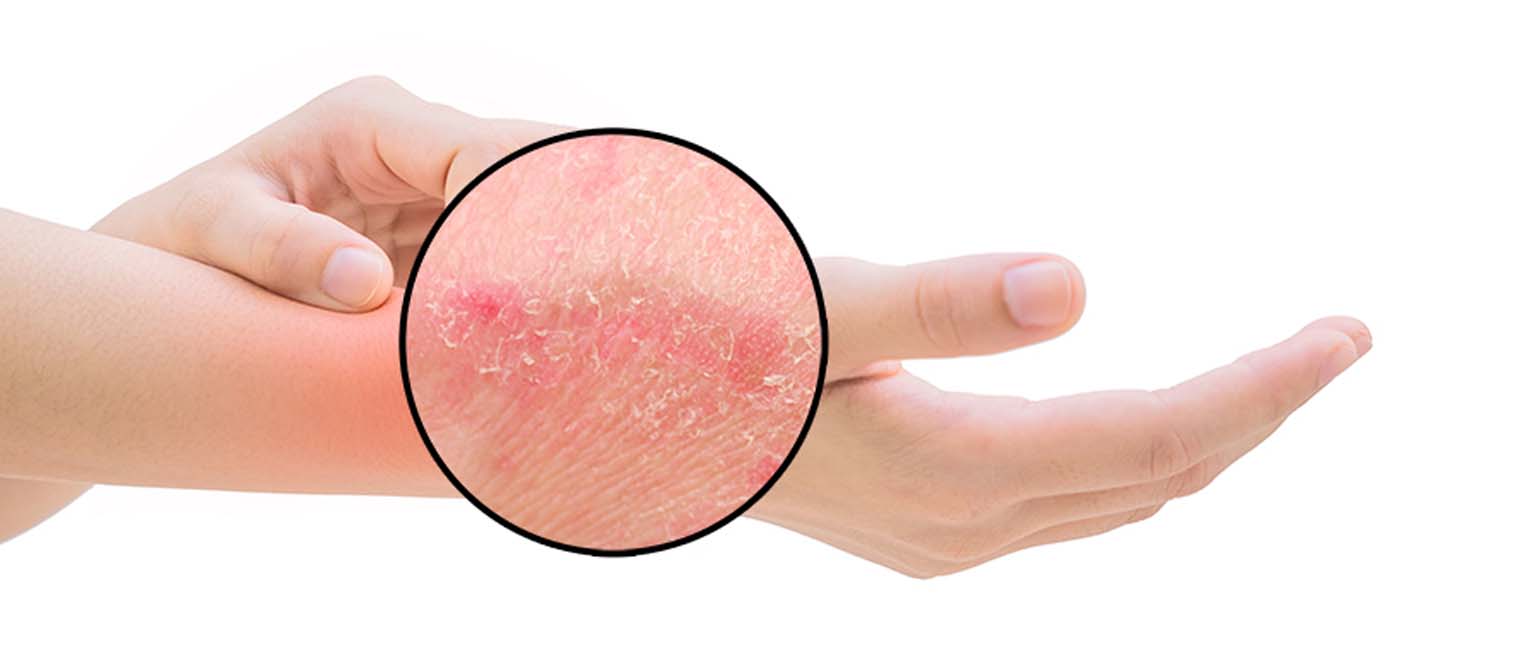
Toxic materials, which may result in irritant contact dermatitis, are:
- Bleach
- Battery acid
- Drain cleaners
- Detergents
- Kerosene
- Pepper spray
- Solvents like acetone that is present in nail polish remover
Irritant contact dermatitis may also occur when your skin gets in contact with materials that are less irritating such as soap or water too frequently.
Symptoms of irritant contact dermatitis
- Red coloured rash
- Itchiness
- Blisters and bumps from which fluid may ooze and a crust may form
- Swelling
- Dry, scaly, cracked skin
- Tenderness
- Burning
Treatment of irritant contact dermatitis
Dermatitis due to an irritant usually gets better on its own over a period of few weeks. You should find out the trigger of the reaction so you may avoid getting in contact with it in future.
Products you should use
The aim is to control itching while the rash and other lesions heal as scratching will make the inflammation worse.
Steroid creams
You can use an over-the-counter hydrocortisone cream to reduce itching and inflammation.
Numbing creams
Certain creams to control itching also contain an ingredient that numbs the area to relieve burning and itching.
Soothing bath
You may try an oatmeal bath to soothe burning and treat blistered skin.
4. Allergic contact dermatitis
It is a less common type of contact dermatitis and one of the causes of sensitive skin. In this type, an allergic reaction occurs on the skin after its exposure to a foreign material. It is a type of immune-mediated reaction of the body. Due to this, the body releases inflammatory chemicals, which make the skin itchy, irritated and red.
Contact with the following materials may cause allergic contact dermatitis:
- Latex gloves
- Jewellery made of gold or nickel
- Perfumes
- Chemicals in skin care and cosmetic products
- Poison ivy or poison oak
- Soaps
- Hair dyes
Symptoms of allergic contact dermatitis
- Redness
- Burning
- Itchiness
- Bumps and blisters that may sometimes contain fluid
- Swelling
- Tenderness
Treatment of allergic contact dermatitis
Treatment with an over-the-counter antihistamine can help in relieving inflammation and itching. It’s important to identify the allergen so you may avoid getting in contact with it in the future.
Products you should use
Products, which can help in both treating and preventing allergic contact dermatitis, are:
Oral antihistamines
Oral antihistamines are best to treat an allergy as they help in controlling the levels of excessive histamine present in the blood. You can try over-the-counter Benadryl tablets.
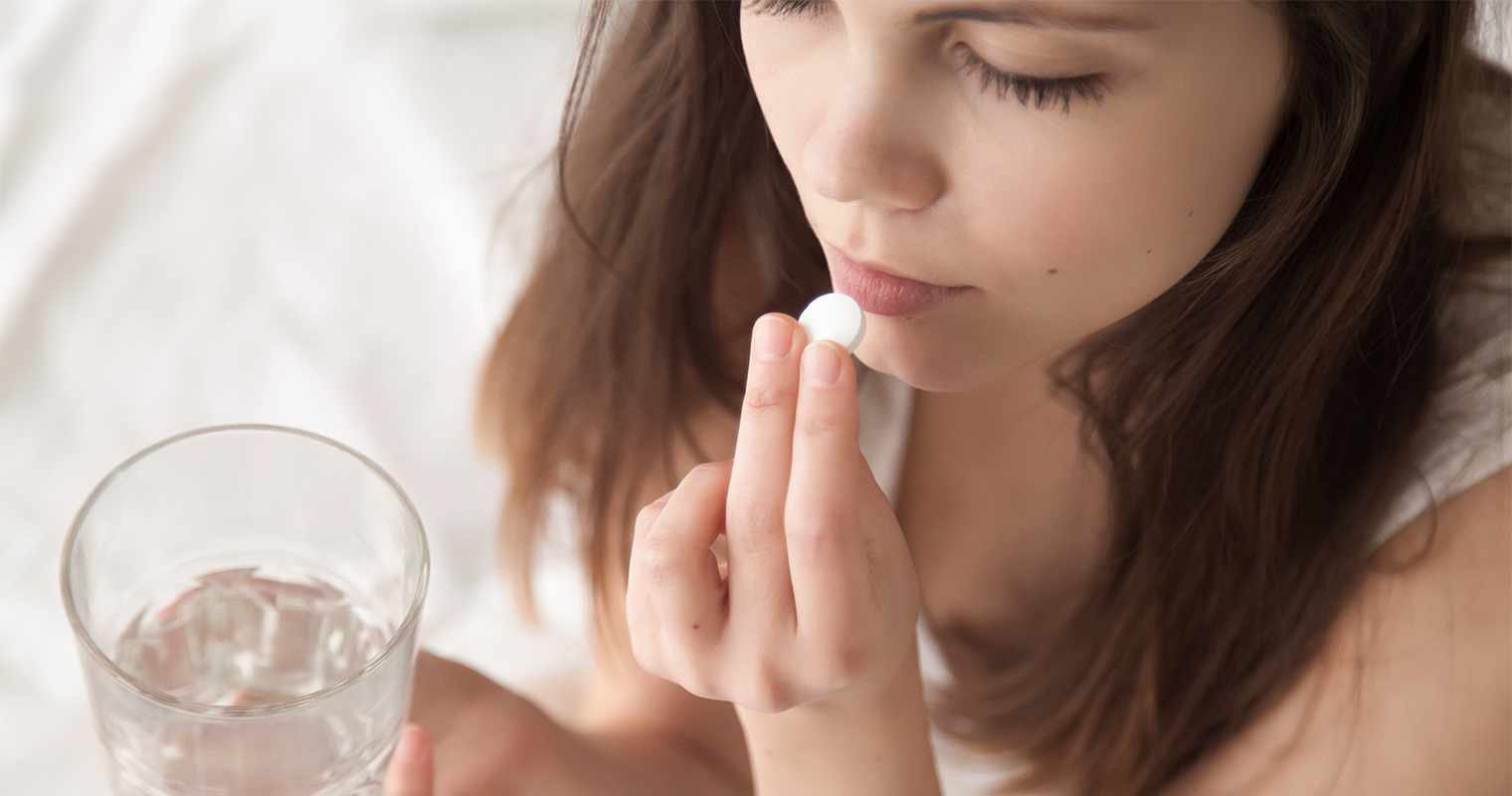
Topical antihistamines
Antihistamine is also available as ointment, spray, and cream. It may help in relieving itching and reducing inflammation resulting from poison ivy or other allergens.
Gentle detergents and dish soaps
Some individuals have an allergy to laundry detergents and dish soaps. Choose fragrance-free and gentle soaps and detergents.
Clear nail polish
Apply a layer of clear nail polish on the inside portion of your bracelets and rings to prevent an allergy to nickel.
5. Rosacea
Rosacea is a common disease of the skin that affects your face and is one of the leading causes of sensitive skin. The cause of Rosacea is not known. It may be caused due to a combination of environmental and hereditary factors.
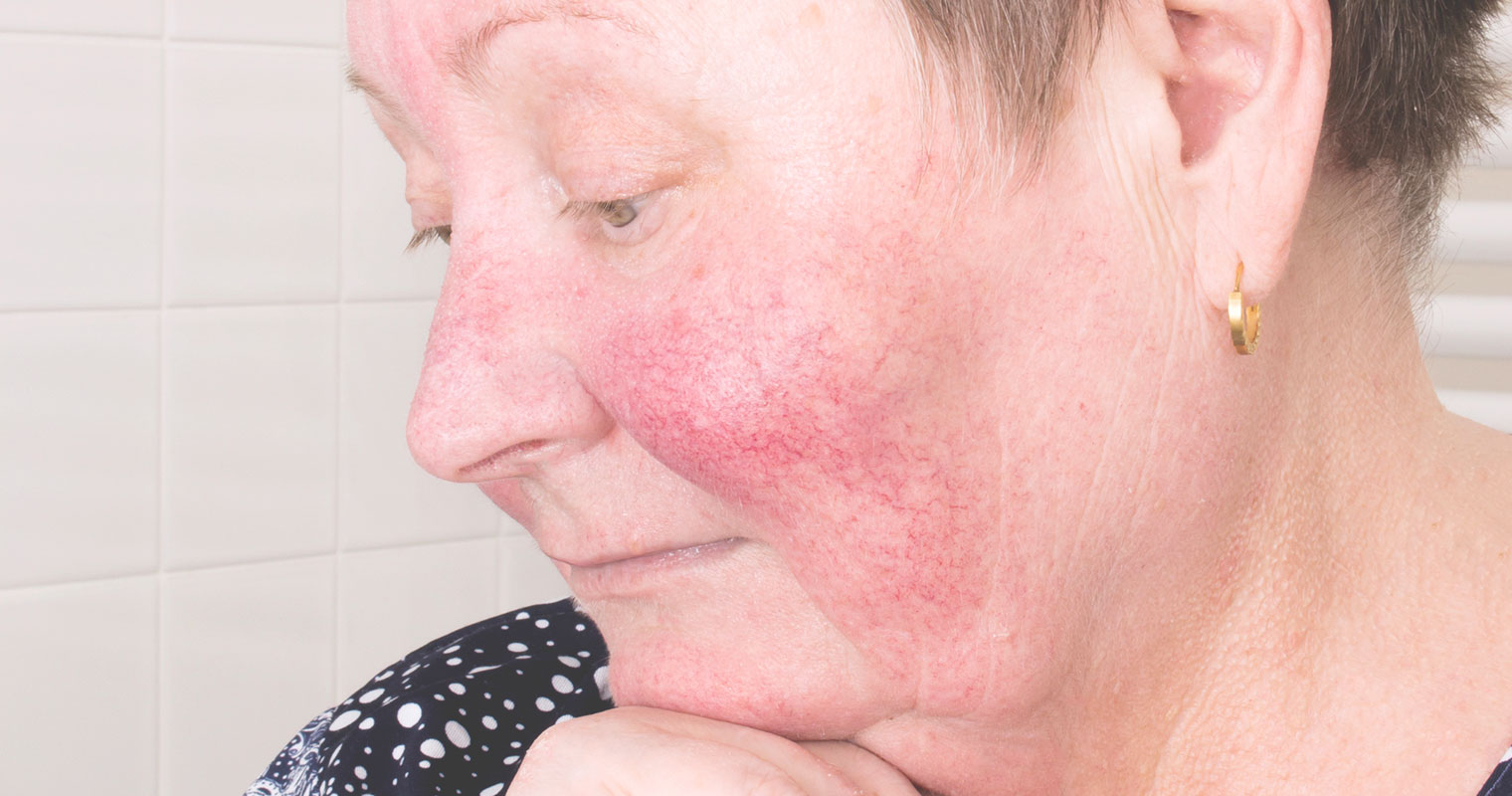
The symptoms of Rosacea may be made worse by the following:
- Eating hot and spicy foods
- Drinking alcohol
- Having intestinal bacteria H pylori
- Presence of a skin mite known as Demodex
People who fall in the age group of 30 and 50 years are more prone to develop Rosacea. It is more likely to occur in individuals who have fair skin, blue eyes, and blonde hair. The condition is more common in females than males and in people who have a family history of Rosacea or who have Scandinavian or Celtic ancestors.
Early signs of Rosacea are flushing or blushing more easily in comparison to other people. It makes the skin too sensitive. Certain products may produce immediate stinging and burning.
Other symptoms are:
- Redness of face, chest, back or ears
- Small pimples and bumps
- A look as if you are sunburned
- The appearance of blood vessels on the face
Treatment of rosacea
Long-term treatment of Rosacea requires prescription creams; hence, you should consult your physician regarding your symptoms.
Products you should use
A skin care routine that is Rosacea-friendly may include:
Medicines to reduce redness
Some prescription medicines are available, which can reduce redness on face. For instance, topical gel Mirvaso (brimonidine) works to reduce redness by constricting the facial blood vessels.
Foundation primers used for makeup
Green coloured foundation primers counteract the redness of face. Apply them to clean skin and then put on the makeup.
Moisturizers
Moisturizers help in protecting your skin from getting irritated. Use fragrance-free moisturizers to relieve redness.
6. Contact urticaria (Hives)
Contact urticaria or hives can also make your skin sensitive and are caused by getting in contact with an allergen or irritating substance. The allergic reaction as a result of contact urticaria occurs immediately.
Hives may be triggered when your skin gets in contact with the following things:
- Plants
- Raw foods
- Fragrances
- Ingredients present in common beauty and bath products
Symptoms of contact urticaria
- Welts
- Burning
- Itching
- Redness
- Swelling
- Tingling
Treatment of contact urticaria
Symptoms of contact urticaria usually get better over a period of 24 hours without doing anything. The focus of treatment is easing symptoms till the rash completes its course.
Products you should use
Some of the common treatments for contact urticaria are:
Oral antihistamines
Oral antihistamines help in controlling the excessive histamine present in your blood. You can take over-the-counter antihistamines such as Benadryl tablets immediately after you see symptoms of hives.
Steroid creams
Over-the-counter steroid creams that contain hydrocortisone help in reducing inflammation and soothing itching.
Painkillers
Over-the-counter pain relievers such as Advil (ibuprofen) and Aleve (naproxen) help in reducing discomfort and swelling.
7. Physical urticaria
Your skin may also become sensitive due to physical urticaria or hives. It is caused due to exposure to cold, heat, plants or chemicals or due to exercise.
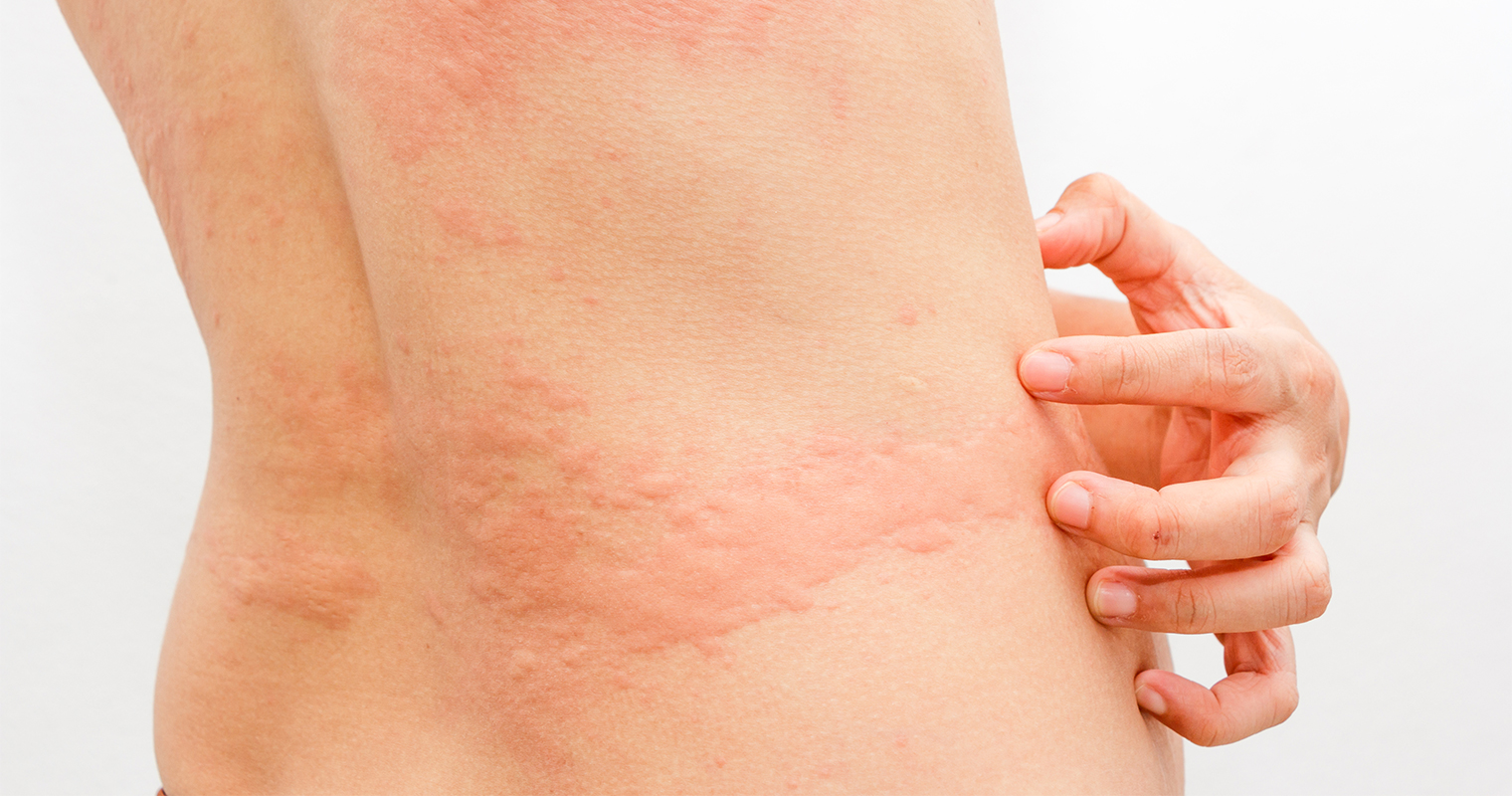
Symptoms of physical urticaria
- Small hives
- Itching
- Hives, which are pink, red or white at the center
- Swelling
- Hives that are surrounded by a red coloured ring of skin
Treatment of physical urticaria
Symptoms of physical urticaria resolve by themselves; however, you can take oral antihistamines to clear the symptoms faster.
Products you should use
Your focus should be on preventing the symptoms by avoiding exposure to conditions that cause them.
Oral antihistamines
You can take over-the-counter oral antihistamines such as Benadryl tablets immediately after you notice the symptoms of hives.
Wear gloves
You should wear gloves while going outdoors in the cold, handling chemicals, or tending a fire. You may use hand warmers while spending a day outside in winters.
Keep warm
Some individuals get physical urticaria due to cold when they go out of the swimming pool or shower. You should keep a warm bathrobe or large towel nearby, even in summers.
8. Photodermatoses
In photodermatoses, you develop an abnormal reaction of the skin to sunlight, which makes your skin sensitive. The UV (ultraviolet) rays of the sunlight may trigger the immune system of your body and result in the occurrence of blisters, rash or scaly patches on the skin.
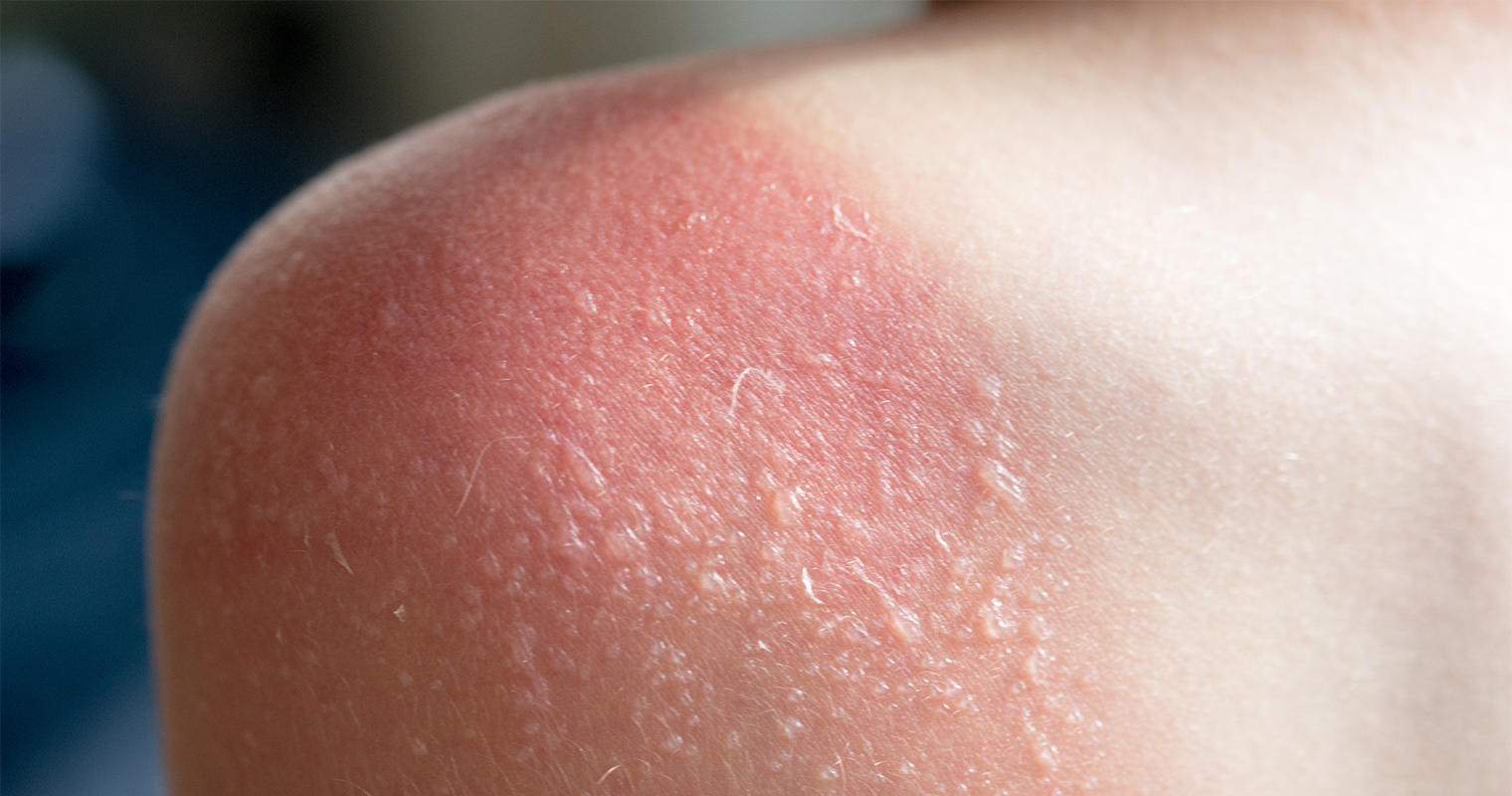
It may be difficult to recognize photodermatoses. You can identify photodermatoses by the following characteristics:
- The rash is present only on those parts of your body that were exposed to the rays of the sun.
- Skin that was exposed to the sun can be distinguished by clear lines from skin that was covered.
- Photodermatoses get worse in the summer and spring season.
- Skin that is covered by hair is not affected.
- Skin that is covered by shadows, including the portion under the chin and your eyelids are not affected.
Products you should use
If sunlight is making your skin overly sensitive, your physician may recommend the following:
Sunscreen
You should protect your skin by applying a sunscreen (broad-spectrum) of SPF 30 or greater that is specially designed for sensitive skin.
UPF clothing
UPF (Ultraviolet Protection Factor) is the equivalent of SPF in clothing; hence, opt for a higher number. It is ideal to look for clothes with UPF 40 or more. UPF clothes help in protecting your sensitive skin from the harmful effects of ultraviolet rays of the sun.
Aloe vera gel
Use Aloe Vera gel to help soothe your sunburned skin.

9. Cutaneous mastocytosis (CM)
CM or Cutaneous mastocytosis is a disorder in which an excessive number of mast cells get accumulated in your skin. Mast cells form a part of the immune system; hence, when on sensing a threat or a trigger, they cause the release of chemicals, which result in swelling and sensitiveness of skin.
Triggers of cutaneous mastocytosis:
- Irritating substances such as lotion or fragrance
- Changes in temperature
- Certain medicines
- Emotional stress
- Scratching
Symptoms of cutaneous mastocytosis:
- Swelling
- Small red or tan spots on the whole body
- Spots may be present on the legs, arms, stomach or neck
- Spots are flat (and not raised)
Treatment of cutaneous mastocytosis
Treatment involves applying steroid creams and taking over-the-counter antihistamines. If you develop severe symptoms you may undergo a kind of radiation therapy known as PUVA therapy.
Products you should use
Treatments
You can use over-the-counter treatments including topical steroids such as hydrocortisone creams and oral antihistamines such as Benadryl tablets.
Cover-ups
Use a natural, tinted balm to cover up spots, protect your skin from harmful ultraviolet rays and restore moisture.
Prevention
You can prevent Cutaneous mastocytosis by using skin care products that are free of fragrance and specially designed for very sensitive skin.
10. Aquagenic pruritus
It is a very rare disorder of the skin in which itchiness is caused by any water that comes in contact with the skin. Aquagenic pruritus also makes your skin sensitive. It does not produce any visible symptoms such as blisters or rash. Instead, itchiness occurs immediately after coming in contact with water. The itchiness may last up to a couple of hours.
The cause of the condition is still not known. Some people speculate that the chemicals added in water such as chlorine may cause the itchiness instead of the water. The chemicals trigger the immune system to release histamine that causes the itchiness.
Treatment of aquagenic pruritus
It is a difficult condition to treat. Talk to your physician if you have the condition. They will be the best person to advise and guide you about what to do next.
Products you should use
You may use the following products instead of water:
Face
Clean your face using gentle wipes.
Body
Try to keep the body clean using antibacterial and hypoallergenic wipes.
Hands
Try to keep the hands germ-free and moisturized by using an anti-bacterial moisturizing gel.
Tips to care for sensitive skin
Some of the tips to care for sensitive skin, particularly on the face are as follows:
Skincare
Cleansing
Sensitive skin of one person responds differently than the other to different methods of cleansing. However, according to most dermatologists, strong detergents are present in soaps that contain high amounts of fragrance or deodorant soaps; hence, you should not use them on your face. Cleansers without soap like sensitive-skin bars and mild cleansing bars along with liquid cleansers for face tend to cause less irritation of the facial skin in comparison to soaps. The same holds true for disposable washcloths for face and cleansing creams.
Moisturizing
Skin care products for moisturizing help the skin retain its moisture and prevent dryness and abrasion. Specific guidelines to choose a skin care product for sensitive skin so that it is less irritating are lacking. However, skin care products that are friendlier to the skin contain:
- No or little fragrance
- Only very few ingredients
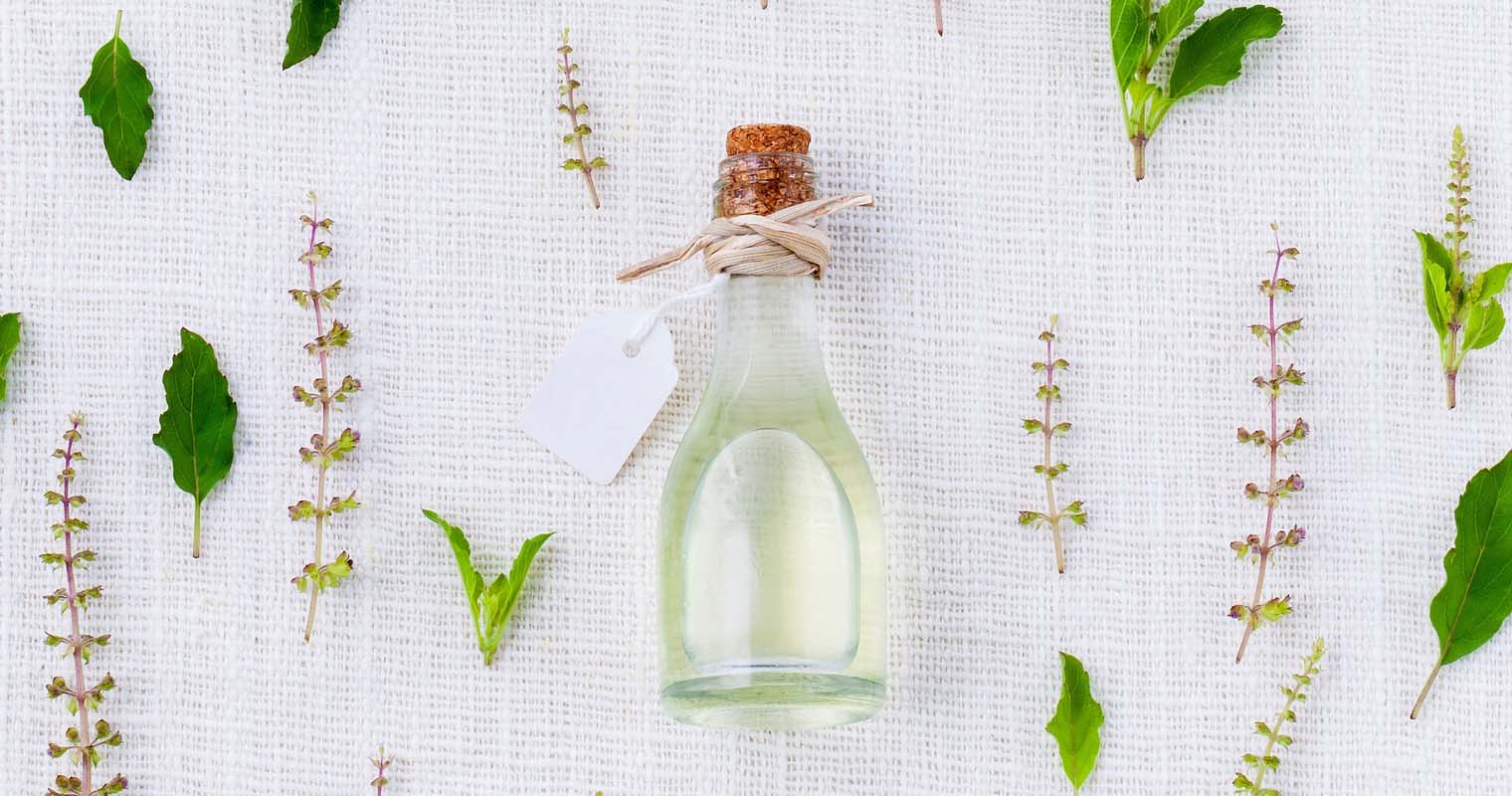
If your skin is sensitive, avoid skin care products, which contain the following ingredients:
- Alcohol
- Deodorant or antibacterial ingredients
- Alpha-hydroxy acids (AHAs) or retinoids
Cosmetics
If your skin is sensitive, the following are the recommendations by the American Academy of Dermatology:
- Use only that face powder that has very few preservatives added to it and has a negligible risk of causing irritation to your skin.
- Use a foundation with silicone-base as it causes minimal irritation of the skin.
- Avoid using waterproof cosmetic products as you require a special makeup cleanser for their removal.
- Use black coloured mascara and eyeliner as they are least likely to be allergenic.
- Use pencil eyebrow fillers and eyeliners; latex may be present in liquid eyeliners and it may result in an allergy.
- Throw out your old cosmetics as they may become contaminated or get spoiled.
Which fabrics cause less irritation to sensitive skin?
Clothing you wear should be of loose fitting and have minimum folds and creases
- Soft, smooth and natural fabrics like silk and fine cotton feel best and cause less irritation to sensitive skin.
- Silk feels warm, whereas cotton feels cool; both fabrics are absorbent and help in drawing moisture of the body away from the skin.
- Linen and rayon are also comfortable if you have sensitive skin; however, they are heavier in comparison to silk or cotton.
- Avoid wearing clothes made of spandex as they may irritate sensitive skin.
- Though wool is a natural fibre, still it is scratchy and you should avoid it if your skin is sensitive.
What kind of diet to avoid for sensitive skin?
While there is limited research about foods and health of skin, still there is growing evidence to the fact that certain foods are associated with skin damage and sensitive skin. If you have sensitive skin, avoid the following types of foods:
Foods that contain additives
Food additives like food colourings may trigger inflammation on your skin.
- Salt
Eating excessive salt in your diet may dehydrate your body; hence, you should reduce your intake of salt, if you have sensitive skin. You should also compensate for the consumption of foods rich in salt by drinking lots of water. - Sugar
Eating a diet rich in sugar stimulates inflammation, resulting in sensitive skin, acne, and Rosacea. Hence, you should avoid eating foods rich in sugar, especially refined sugar. - Junk Foods
You should avoid junk, fast and processed foods as they are high in salt, sugar and food additives. - Spicy and hot foods
Hot and spicy foods stimulate blood circulation and increase the temperature of the body, which may make the skin more sensitive. Hence, if you have sensitive skin, then you should avoid hot and spicy foods.
Tips to protect sensitive skin
Use of sun protection
First, apply a broad-spectrum sunscreen with an SPF (sun protection factor) of a minimum of 30 or higher all through the year. Use sunscreen every day when you are out in the sun for a duration of longer than 15-20 minutes.
Keep in mind that the harmful UVB rays of the sun that cause the most damage to the skin are strongest during the afternoon hours (from 10 a.m. to 4 p.m.). If possible, don’t go out and expose yourself to sun’s rays during these hours of the day all through the year.

In winters/ cold weathers
To protect your sensitive skin and prevent it from becoming dry, flaky, itchy and cracked, follow the below-mentioned tips:
- Avoid overheating your home.
- Don’t take long showers and baths in very hot water. Instead, take bath or shower in warm water and take fewer baths. Use a cleanser without soap.
- To minimize dryness of skin after bathing – pat dry your skin with a soft towel and apply a generous coating of moisturizer while the skin is still slightly wet or moist.
- Use moisturizers that contain glycerin, dimethicone, mineral oil, ceramides or linoleic acid.
In summers
Remember that even a slight tan damages the skin. Avoid lying outdoors in the sun regardless of whether you have applied or not applied a sunscreen.
If you are going out in the sun wear clothes that are tight-woven and covers your legs and arms for sun protection. Also, wear sunglasses and a hat with wide-brim. Apply the sunscreen 15-30 minutes before you go out. Reapply it after 2 hours, after heavy sweating or after swimming.
What to look for in sunscreens for your sensitive skin
Use a sunscreen that has an SPF of a minimum of 30 or more. For sensitive skin, you should choose a sunscreen that has its active ingredients like titanium dioxide or zinc oxide. This is due to the fact that these are physical sunscreens and they are least likely to cause an allergic reaction. They act by deflecting the ultraviolet rays of the sun rather than absorbing them, which is the action of the chemical sunscreens.
Importance of skin flora in people with sensitive skin
Your skin is covered with a skin flora that provides natural protection from harmful external influences. There is an imbalance of skin flora in individuals who have a sensitive skin. Many soaps and skincare products kill and destroy both the bad and good bacteria present on the skin. This creates an imbalance of the skin flora making you susceptible to all types of skin diseases such as eczema, skin irritation, acne and athlete’s foot.
The skin flora controls the growth of bad bacteria (pathogens) on the skin. The skin microflora also stimulates your body’s immune system and activates the natural physiological response of your body; thereby, stopping the colonization of the skin by pathogenic organisms.
When you wash your skin excessively with traditional soaps that contain harsh preservatives and other chemicals it causes an imbalance of your skin flora. This makes your skin vulnerable and sensitive resulting in redness, itching, dry spots, and irritation.

Natural and organic ingredients for sensitive skin
Try the following natural and organic ingredients for your sensitive skin:
1. Colloidal oatmeal
It is among the best natural ingredients for sensitive and dry skin, particularly for relieving itchiness, which occurs due to conditions such as eczema. Colloid refers to a solution that is evenly distributed. Colloidal oatmeal is very finely ground. When it is combined with any solvent such as water it disperses and forms a liquid viscous colloid.
Due to the soothing nature of colloidal oatmeal, it has been used as a treatment for skin conditions like eczema for a long time. It also helps to relieve the inflammation of the sensitive skin.
2. Shea butter
Shea butter is also an excellent ingredient for sensitive skin. Applying Shea butter immediately after a bath or shower helps in preserving moisture of the skin for hours. The consistency of Shea butter is creamy and thick; hence, it forms a great replacement for products based on petroleum.
Shea butter helps in soothing irritated and sensitive skin and offers gentle protection from ultraviolet rays. It is easily and quickly absorbed by your skin. It forms a protective layer on the skin and it is an excellent product to relieve eczema.
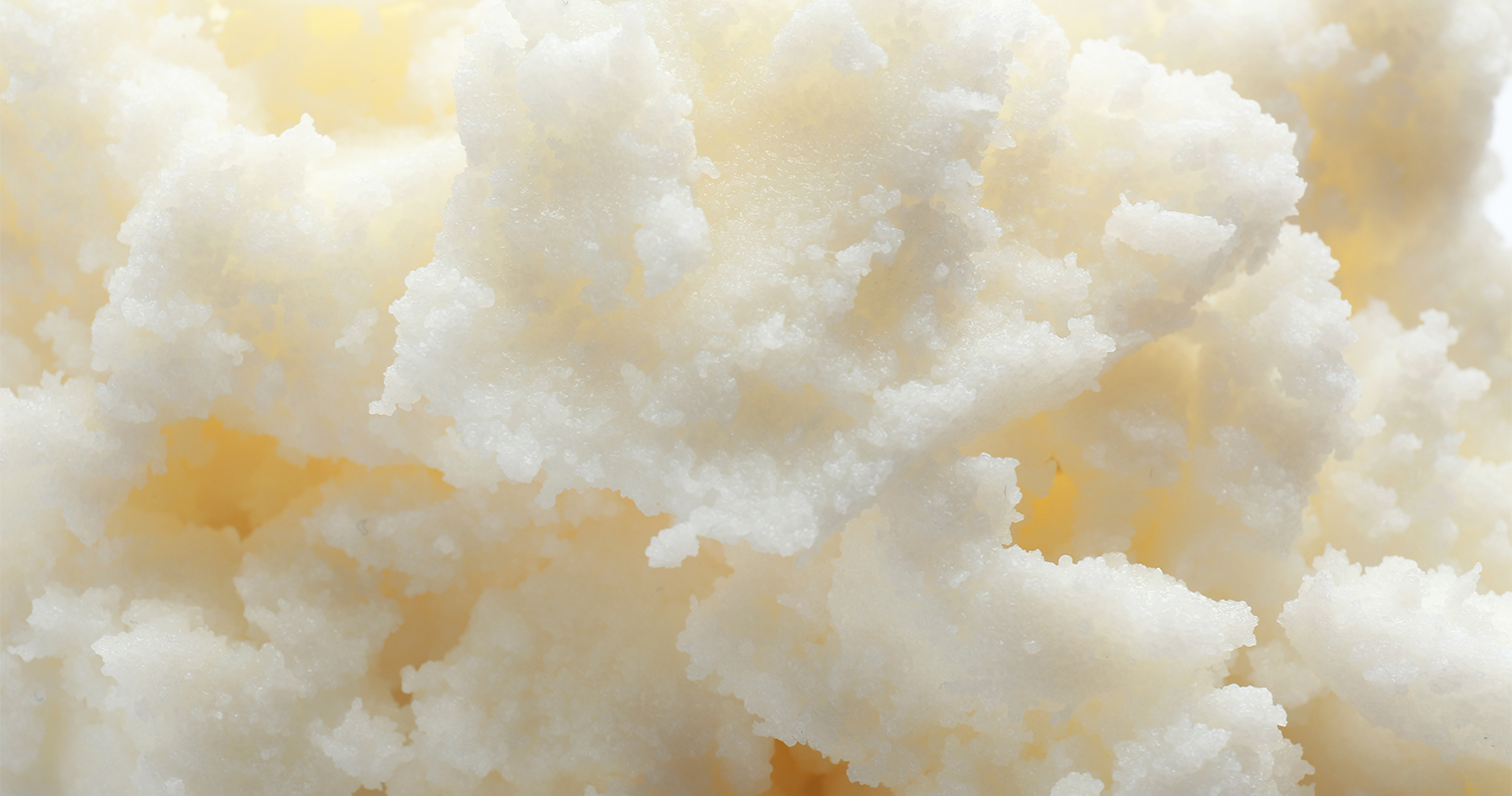
3. Aloe vera
The gel from fresh leaves of Aloe Vera, when applied topically, helps to soothe sensitive skin and heal wounds. Two hormones are present in the gel of Aloe Vera-Gibberellins and Auxins. These hormones provide anti-inflammatory and wound healing properties to Aloe Vera that help in reducing inflammation of the skin.
Aloe Vera helps in reducing itchiness and blistering of the skin. In Ayurvedic medicine, it is effectively used to heal chronic conditions of the skin such as acne, eczema, and psoriasis.
4. Coconut oil
Coconut oil is a rich source of saturated fatty acids. According to several studies, it is beneficial for maintaining the health of the skin, especially for sensitive skin. It has anti-inflammatory and antioxidant properties, due to which it helps in neutralizing the free radicals that may lead to skin damage and inflammation.
Research also shows that coconut oil helps in treating inflammatory skin conditions such as acne and eczema. Coconut oil is also capable of moisturizing dry skin and relieves itchy, scaly rashes characteristic of sensitive skin.
5. Jojoba oil
Another natural ingredient that is beneficial for sensitive skin is jojoba oil. The texture of jojoba oil is very similar to sebum secreted by your sebaceous glands. If your skin is very dry and sensitive, then you can use jojoba oil as it acts as sebum and helps in moisturizing your skin. Moreover, jojoba oil helps in removing sticky buildup, which makes it an excellent treatment for skin conditions like acne and eczema.
You can apply jojoba oil anywhere on the body as it is a natural ingredient and no chemicals are present in it that can result in an allergic reaction. You can also use it to remove makeup and dirt from the face if you have sensitive skin. It is safe for removing eye makeup also. Jojoba oil is hypoallergenic.
6. Chamomile extract
Chamomile extract is an excellent natural ingredient for sensitive skin as it is anti-irritating, hypoallergenic and non-comedogenic. It is derived from flowers of chamomile plant by the process of steam distillation. It is used for the treatment of various skin conditions such as eczema, psoriasis and dry skin as it can neutralize skin irritants and has anti-inflammatory and anti-itch properties.
The active ingredients present in chamomile extract are flavonoids, which soothe your sensitive skin and fasten the speed of healing of damaged skin. It also acts as a conditioning agent due to its capability to enhance the appearance of flaky and dry skin and restore suppleness. Chamomile extract is useful for sensitive skin as it is non-comedogenic, anti-bacterial, anti-inflammatory, anti-itching, antiseptic, soothing, hypoallergenic and refreshing.
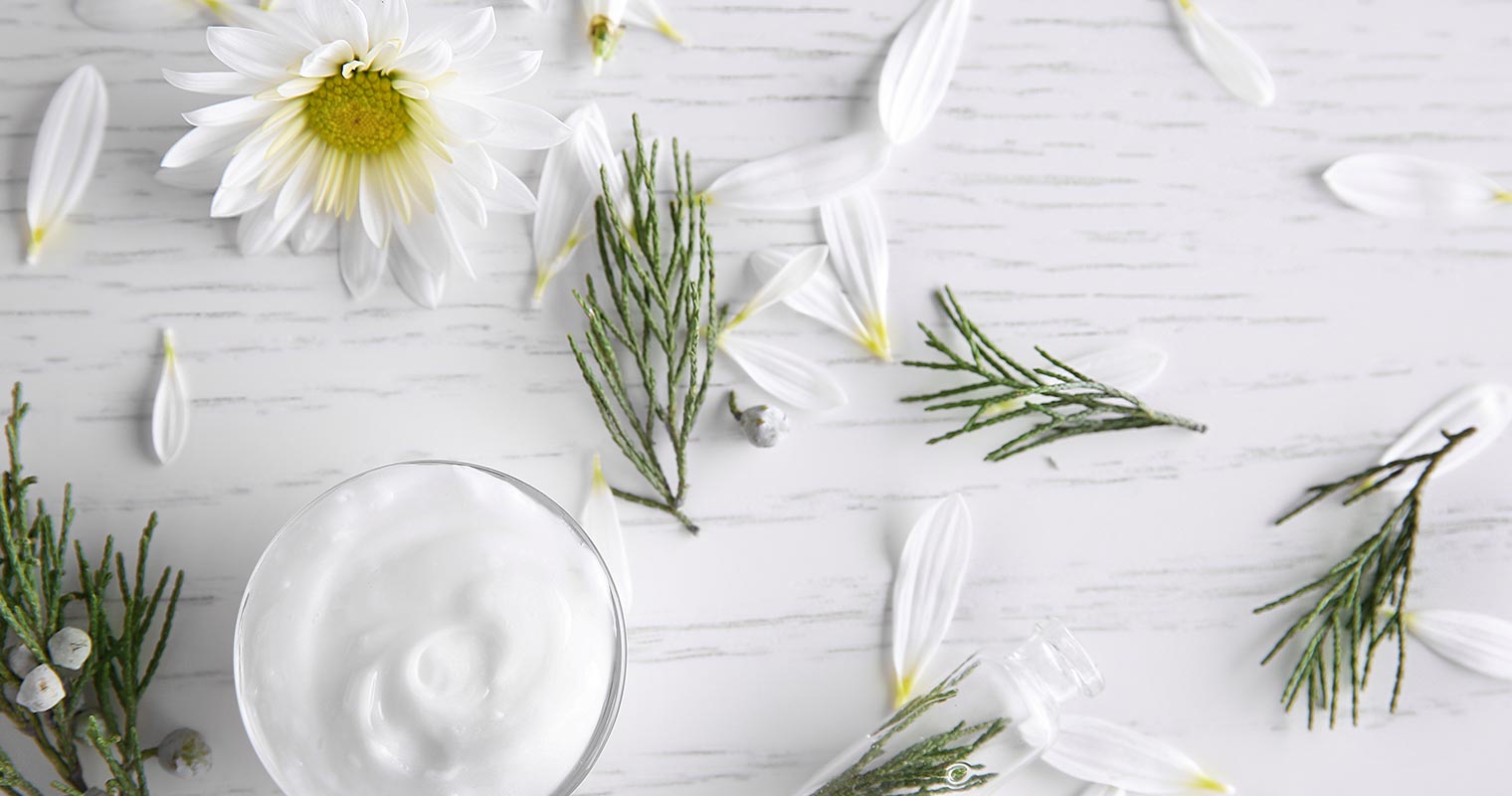
7. Grapeseed oil
Grapeseed oil is derived from the grape seeds that are left behind after winemaking. It is a rich source of vitamin E and omega-6 fatty acids. Due to its vitamin E content, it helps in fighting the free radicals when applied topically to the skin. Omega-6 fatty acids are vital to the appearance and function of the skin and also essential for the barrier functioning of the skin. Linolenic acid is the major omega-6 fatty acid present in this oil. This fatty acid helps in reducing the inflammation of the skin.
Grapeseed oil also helps to moisturize your skin, tighten skin pores and heal acne. You can even use it to remove makeup from your face. It penetrates the skin quickly without making it oily. Massage a few drops of Grapeseed oil on your facial skin before going to bed.
8. Avocado oil
Avocado oil is a rich source of vitamins A, E and D, and omega-3 fatty acids. It also contains lecithin, potassium and many other types of nutrients, which helps in nourishing and moisturizing your skin.
The vitamins and antioxidants present in avocado oil help to heal the dryness, flakiness, and irritation associated with sensitive skin. Due to its anti-inflammatory properties, it helps to reduce inflammation and redness associated with skin conditions such as acne and eczema.
9. Sweet almond oil
Sweet almond oil is derived by cold pressing almond seeds present in the fruit without using chemical solvents. It is a rich source of polyunsaturated and unsaturated fatty acids and vitamin B and E. You should mix a few drops of almond oil with a few drops of any essential oil and massage it gently into your skin. It helps in reducing inflammation, itching, and irritation of your sensitive skin.
You can also apply it as a moisturizer immediately after bathing or showering. Its soothing and emollient action provides excellent benefits for the irritated and dry skin. It also helps in relieving itching caused by skin conditions such as eczema. You can also use it to remove your makeup gently. It also helps in calming inflammation and redness caused by hives, eczema, rashes etc.
10. Rose flower oil
Rose flower essential oil is a rich source of minerals, antioxidants, and vitamins. It has great emollient properties; hence, it is beneficial as a moisturizer for dryness associated with sensitive skin. It also has astringent and antiseptic properties that make it beneficial to treat breakouts of acne.
Due to its anti-inflammatory properties, it helps in relieving inflammation and redness associated with sensitive skin.
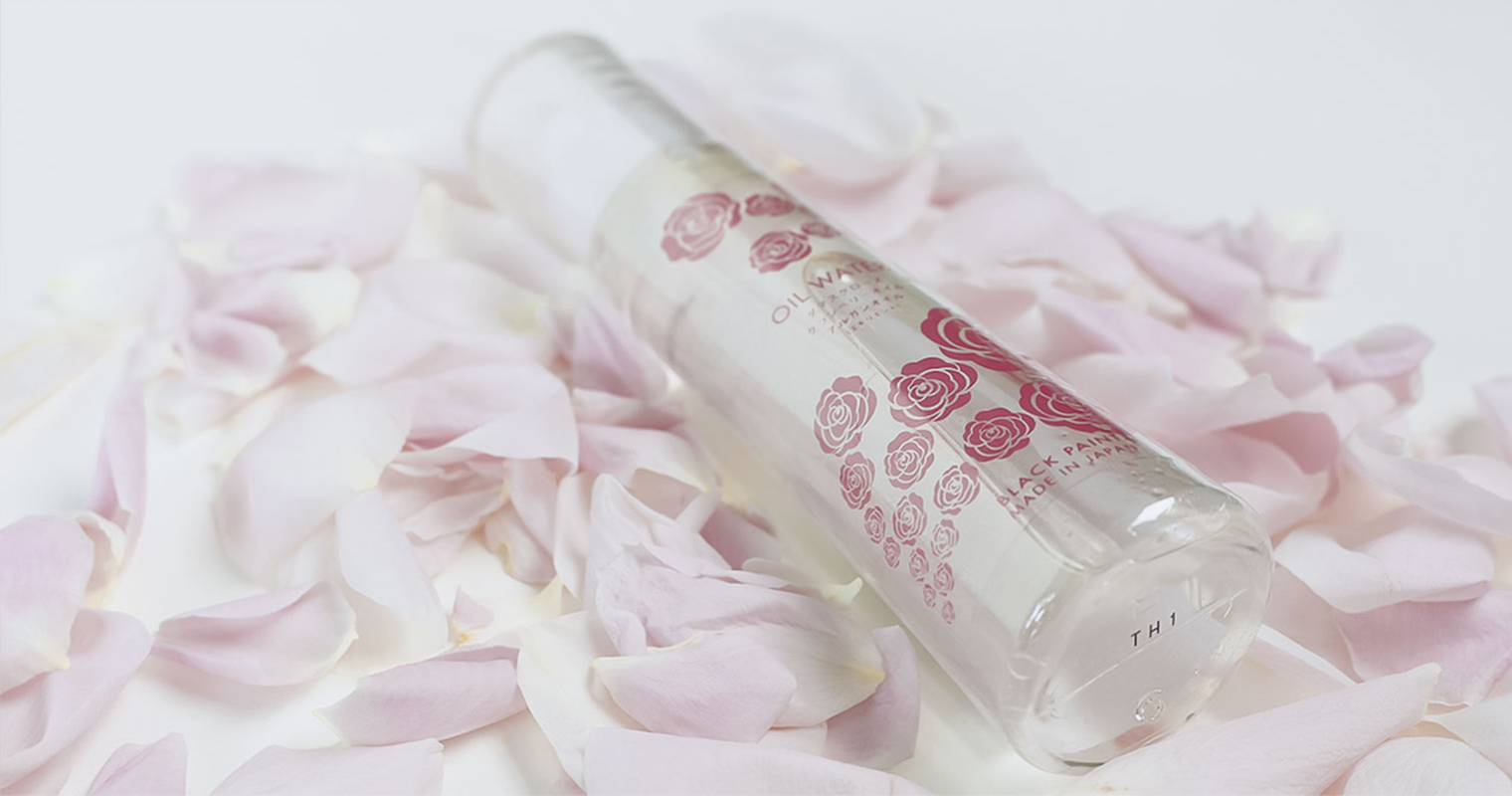
11. Argan oil
Argan oil is derived from the kernels, which grow on Argan trees. It has been used traditionally both orally and topically to improve skin health. Due to its antioxidant properties, it helps in protecting the skin from the ultraviolet rays of the sun. It is a rich source of vitamin E that helps in improving water retention in your skin. Hence, Argan oil is a great moisturizer for sensitive skin.
Due to its anti-inflammatory and antioxidant properties, it helps in reducing symptoms of various inflammatory skin diseases such as Rosacea and psoriasis. It also helps to control the breakouts of acne. It helps in soothing redness and itchiness associated with sensitive skin.
12. Squalane
Squalane is obtained from olives and is a natural moisturizer and an antibacterial oil that is non-greasy and gets absorbed slowly in your skin, rejuvenating sensitive and tired skin without resulting in irritation or congestion. It forms an effective and natural barrier between dry and harsh weather conditions or pollutants and your skin. Acting as an emollient that soothes and softens the skin, it forms a protective covering of oil on your skin and helps to prevent loss of water from the skin keeping it supple and soft. Also, it protects your sensitive skin, improves texture and tone of skin and prevents dryness of skin.
13. Macadamia seed oil
This oil is a rich source of fatty acids and phytosterols. Fatty acids provide it antioxidant and anti-inflammatory properties due to which it is perfect for dry and sensitive skin. It acts as a moisturizer and restores the barrier function of skin, keeping it hydrated. Phytosterols also help in repairing the barrier function of the skin, healing and calming sensitive skin.
14. Honey
Honey has anti-inflammatory properties, which helps in soothing the sensitive skin. However, if your skin is sensitive, it may sting with pure honey; hence, always dilute it using Aloe Vera, rose water or any other soothing ingredient before you apply it to your sensitive skin.
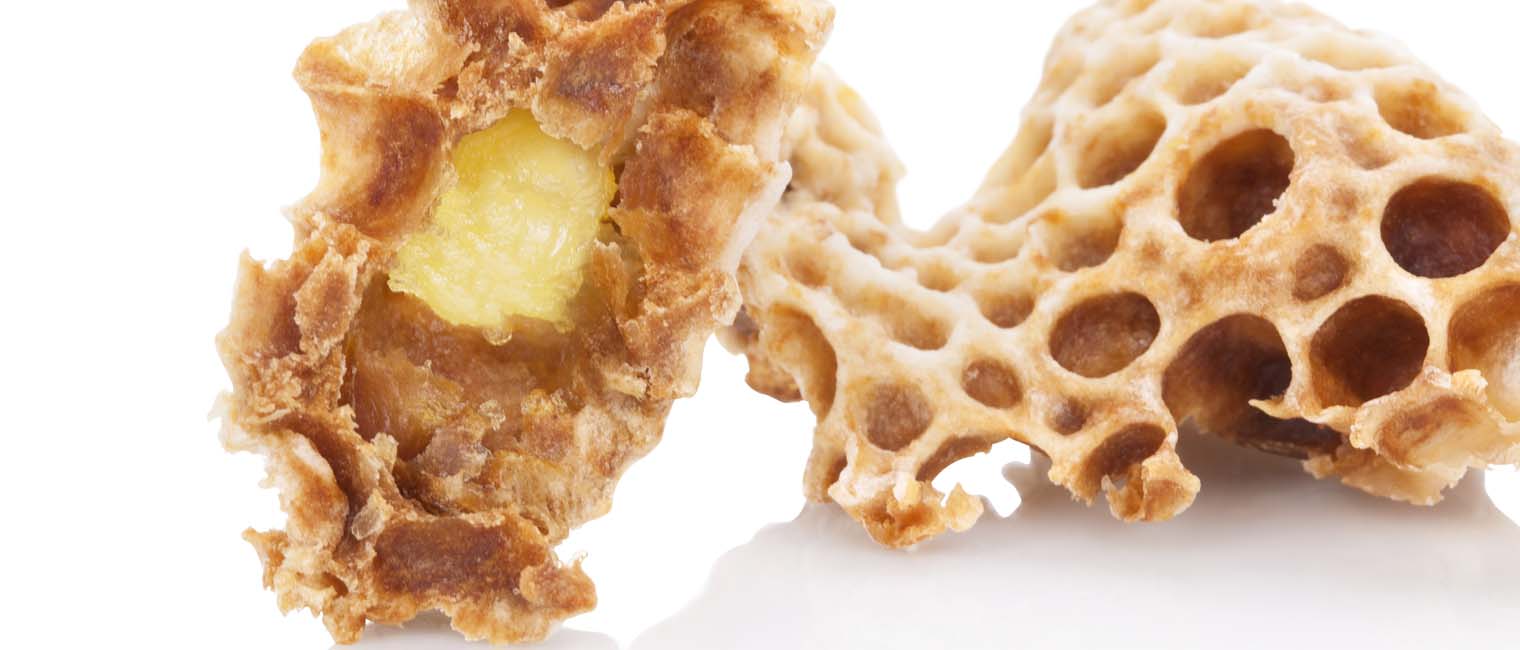
15. Green tea leaf extract
Green tea extract has anti-inflammatory properties as it is rich in polyphenols known as catechin. Catechin help in reducing redness, swelling and irritation and in soothing your sensitive skin. It is a rich source of vitamin E and B both of which help in maintaining the health of your skin.
16. Sunflower oil
Sunflower oil is a rich source of vitamin E, which helps in moisturizing your dry, irritated and sensitive skin.
Ways and lifestyle to combat Sensitive Skin
1. Drink plenty of water to remain hydrated
Drink lots of water to keep yourself hydrated. Water is required to maintain the hydration of your skin and keep it moisturized from inside. It also flushes out the harmful toxins from your body. Aim to drink a minimum of 8 glasses of water every day. You can also consume smoothies, green juices, and fresh fruit juices to maintain your hydration.

2. Be aware of your allergens
Sensitive skin is prone to allergic reactions due to allergens. Hence, be aware of your allergens such as rays of the sun, smoke, pollutants, dust, food items, cosmetics, detergents etc. Note down to which allergen your skin is allergic to and avoid it rather than looking for a solution after encountering a problem.
3. Moisturize your skin regularly to keep it well-hydrated
You should apply a moisturizer to your skin daily, preferably twice a day for sensitive skin. Use a moisturizer that has a neutral pH and is especially designed for the sensitive skin. This will ensure that you maintain the moisture of your skin without any discomfort.

4. Avoid hot water to have a bath or shower
If you have sensitive skin, have shorter baths or showers (not more than 5 to 10 minutes) in lukewarm or cold water. Apply a moisturizer within 5 minutes of taking a shower as this is the time when the skin can absorb most moisture.
5. Learn to manage your stress levels
Manage your stress levels by trying relaxation techniques such as meditation, breathing exercises, yoga etc. Get an adequate amount of sleep as a lack of sleep also has an impact on the health of the skin. Indulging in regular physical activity also helps to manage the stress levels. On top of that, quit smoking and alcohol, and limit your intake of caffeine.
6. Choose unscented or perfume free products
Many scents or perfumes present in products such as soaps and lotions may irritate your sensitive skin. So, choose products, which say “unscented” or “perfume free” on their label. Choose unscented laundry detergents to wash clothes. Also, avoid antibacterial and deodorant detergents as they can irritate your sensitive skin.
7. Choose products that do not contain dyes
Many products that you use such as soaps, lotion, detergent, and shampoo contain dyes or colours to make them visually appealing. These dyes are harsh and can irritate sensitive skin. So opt for products that are colorless or free of dyes.
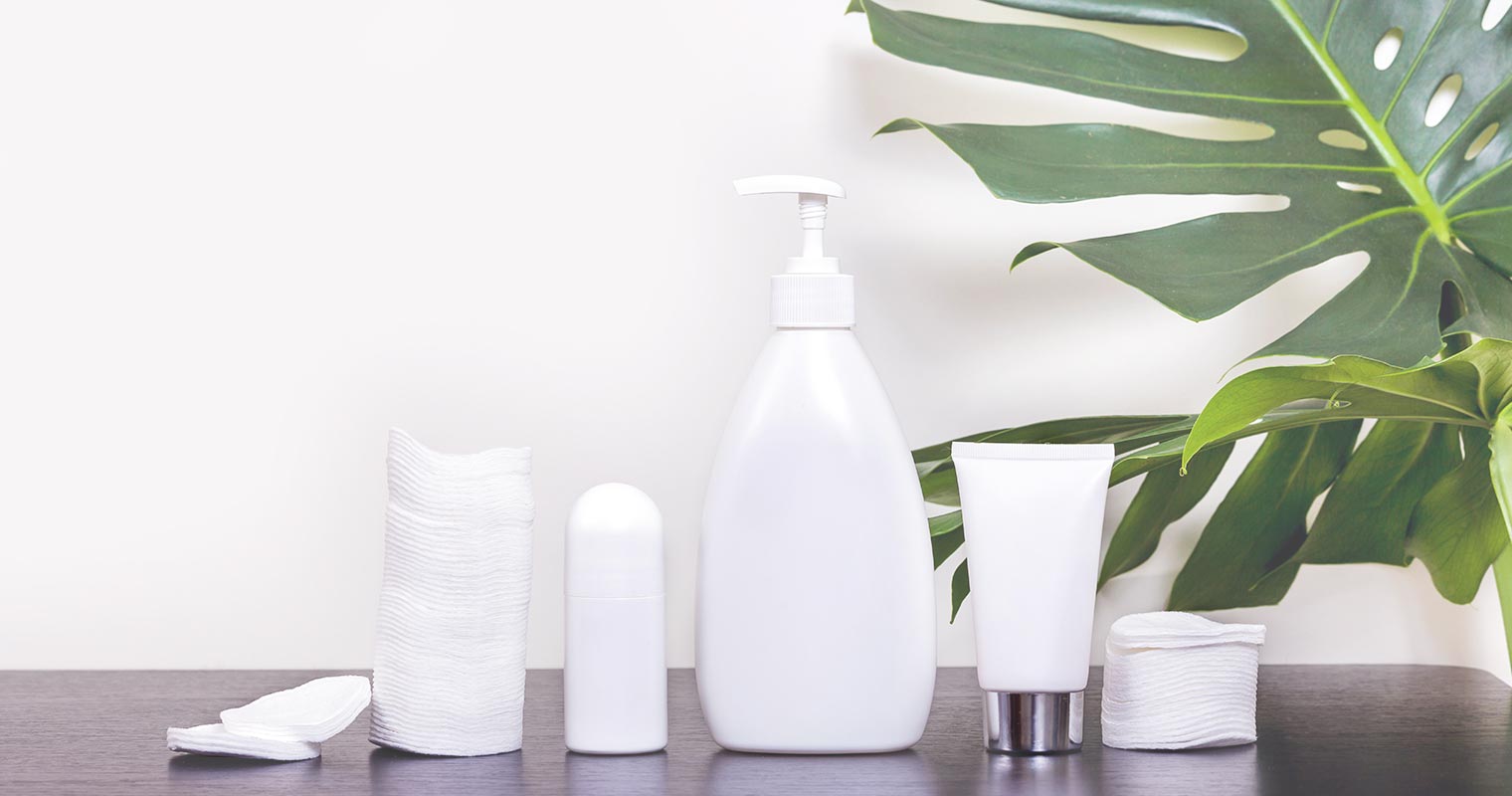
8. Avoid products that contain acids
Many products such as facial cleansers contain acids in them, but they may irritate sensitive skin. Check the list of ingredients and avoid skincare products that contain acids. As a rule, some acids that you should avoid are beta-hydroxy acid, alpha-hydroxy acid, and boric acid.
9. Avoid alcohol in any form
Alcohol in cosmetic and other skin care products has a drying effect; thereby, causing irritation of the skin. Moreover, drinking too much alcohol may worsen skin conditions such as acne and Rosacea as it causes dehydration. Hence, you should avoid alcohol in all forms.
10. Wear sunblock every day
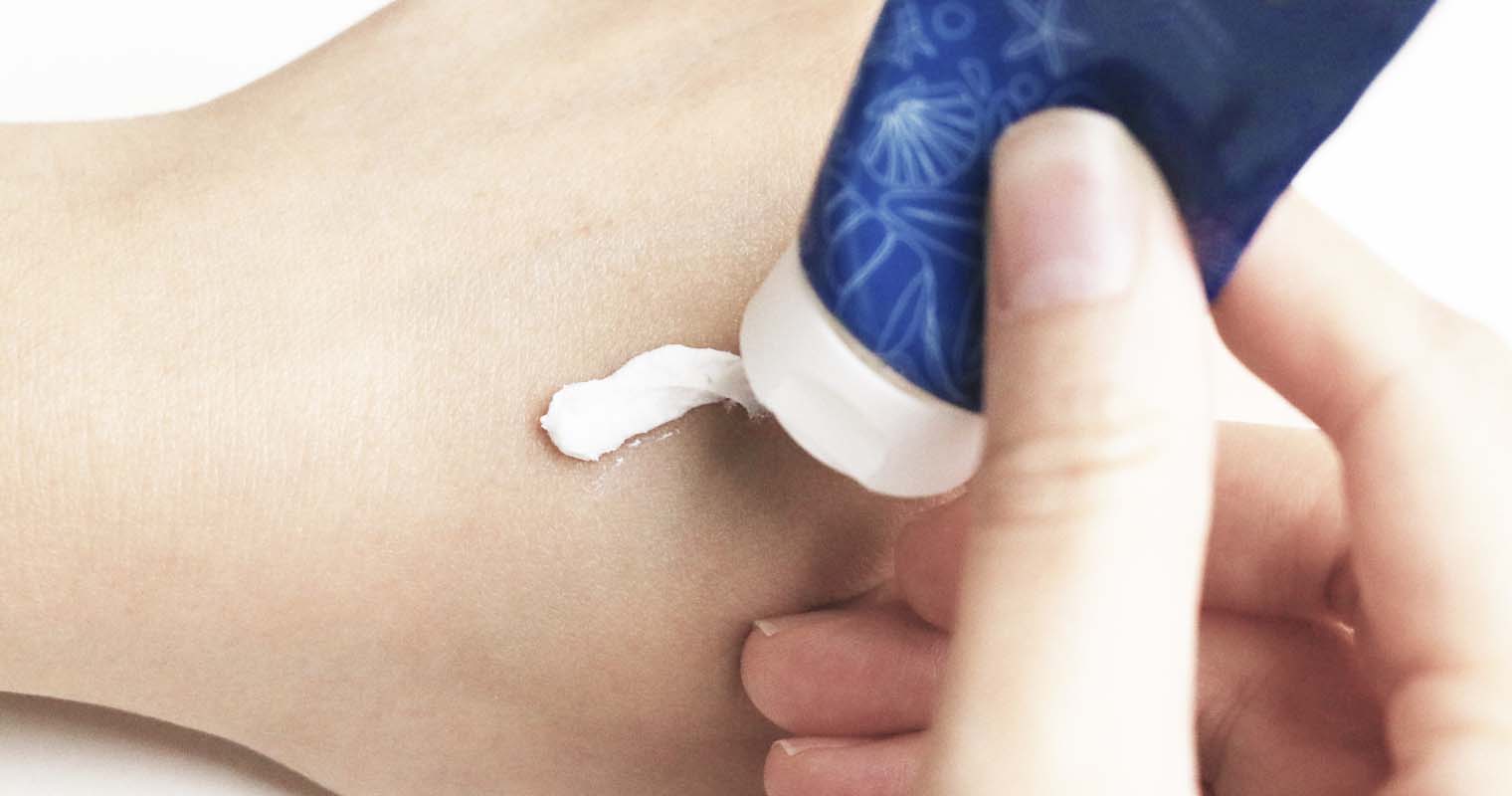
11. Cover your sensitive skin during extreme weather conditions
When your skin is exposed to extreme weather conditions such as very cold air or very hot weather, it may get dry. So, when you are going out during winters, cover your skin as much as you can by wearing gloves, scarves, and hats. Similarly, while going out during summers (on a hot, dry day), wear sunscreen, sunglasses, and hats and cover yourself with loose, light-coloured clothing as much as possible.
12. Visit your physician if you have persistent or severe skin problems
13. Avoid scrubbing your sensitive skin harshly
Don’t scrub or exfoliate your skin with harsh scrubs that contain ‘pits’ as they may cause irritation and flaking. Instead, use a cream based cleanser. In addtion, avoid rough washcloths. Rather use a soft puff or sponge.
14. Pat dry or air dry your skin
After bathing or showering, don’t rub your skin with a towel to dry it. Either air dry it by staying naked till all the moisture evaporates from the skin or pat dry it with a soft towel. Apply moisturizer to the damp skin after bathing as this helps in trapping moisture in the skin.
15. Take a shower soon after perspiring
If you have a sensitive skin, then you should take a shower as soon as you have heavy perspiration as sweat if remains for long on your skin may irritate it.
16. Install a humidifier in your house
Dry air causes irritation of the sensitive skin and results in flaking, chapping and itching. Install a humidifier in your house. Get a portable one and put it in that room in which you are sitting. It will help in keeping your skin moisturized and improving sensitivity. Keep the humidifier clean so that bacteria or fungus doesn’t grow in it.
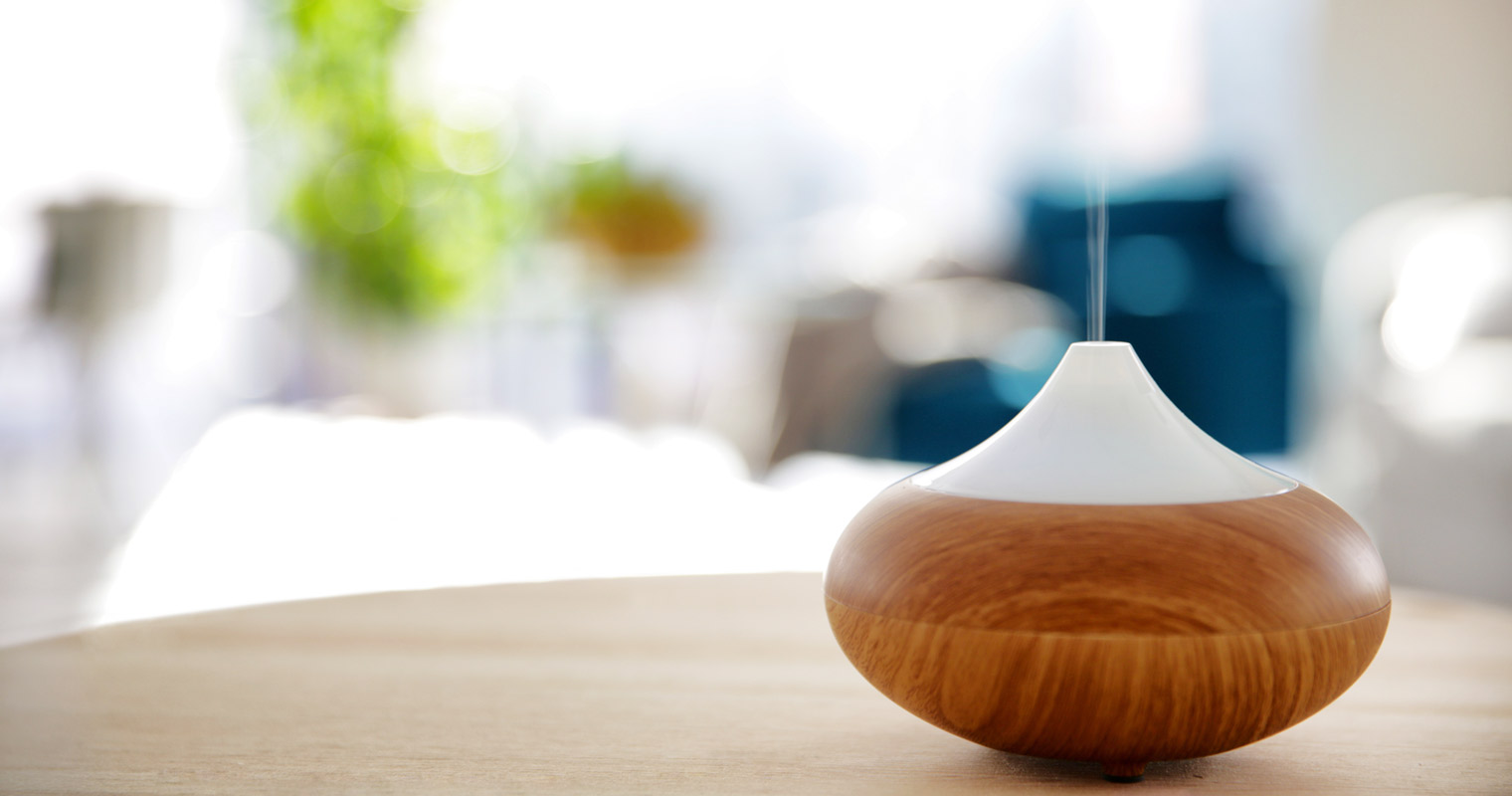
17. Take care while shaving
While shaving your face, arms or legs, always use a shaving lotion or cream. Don’t dry shave or shave using only soap. Always shave in the direction of growth of hair and not against it. Additionally, avoid using depilatories or creams to remove hair as they may irritate your sensitive skin. Replace the blade of your razor every week.
18. Perform a patch test when using new products
When you are using a new lotion, makeup product or cream, first perform a patch test. You can do it by applying a small quantity of the skin care product to a small area or patch of your skin (usually on the inside of forearm or wrist). Leave lotions, makeup, and creams for 24-48 hours. To test soaps or cleansers, wash your hands thoroughly, rinse and pat dry. At the same time, notice any symptoms of irritation like rash, redness or itching. These signs are an indication of the fact that you have a sensitive skin which is reacting to these products.
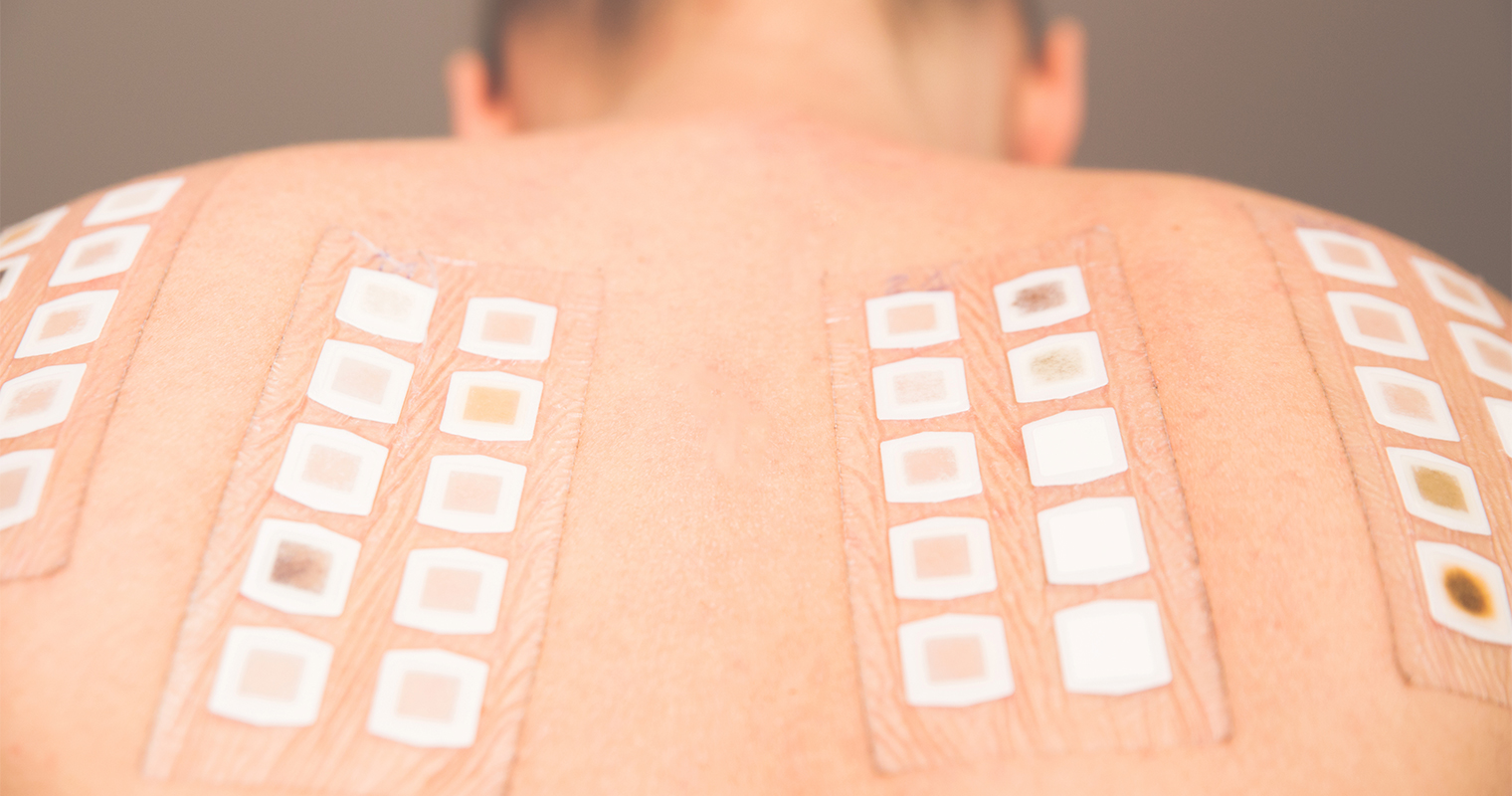
References
https://www.genevanaturals.com/blogs/geneva-naturals/best-care-for-sensitive-skin
https://www.jeancoutu.com/en/health/health-tips/hypersensitive-or-allergic-skin/
https://www.mayoclinic.org/diseases-conditions/dry-skin/symptoms-causes/syc-20353885
https://www.healthline.com/health/eczema#causes
https://www.healthline.com/health/contact-dermatitis#causes
https://www.healthline.com/health/skin/rosacea#causes
https://www.healthline.com/health/skin/rosacea#risk-factors
https://www.healthline.com/health/skin-disorders/sensitive-skin
https://www.webmd.com/beauty/sensitive-skin-20-questions#3
https://www.mindbodygreen.com/0-7654/the-benefits-of-using-aloe-vera-for-skin-care-and-more.html
https://www.ncbi.nlm.nih.gov/pubmed/15724344
https://draxe.com/jojoba-oil/
https://www.mindbodygreen.com/articles/5-ingredients-to-soothe-dry-sensitive-skin
https://www.skincarebyalana.com/skincare-ingredient-dictionary/chamomile-extract/
https://www.medicalnewstoday.com/articles/318395.php
https://www.medicalnewstoday.com/articles/321543.php
https://organyc.net/2018/03/5-daily-uses-of-almond-oil-to-soothe-your-sensitive-skin/
https://www.huffpost.com/entry/rose-oil-benefits_b_2633703
https://www.healthline.com/health/argan-oil-for-skin#benefits-of-argan-oil-for-skin
https://www.livestrong.com/article/241465-squalane-skin-care-benefits/
https://thenakedchemist.com/benefits-of-macadamia-nut-oil-in-skin-care/
https://www.100percentpure.com/blogs/feed/top-6-benefits-green-tea-for-skin
https://healthyeating.sfgate.com/poor-nutrition-affect-skin-8416.html
https://healthguides.healthgrades.com/soothing-your-sensitive-skin/9-signs-of-sensitive-skin
https://www.self.com/story/sensitive-skin-facts-dermatologists
https://www.wikihow.com/Care-for-Sensitive-Skin
https://www.womenshealthmag.com/beauty/a19909574/best-moisturizer-for-sensitive-skin/
https://www.stylecraze.com/articles/must-know-beauty-tips-for-sensitive-skin/#gref
https://www.medicalnewstoday.com/articles/269538.php
https://www.comfortzone.it/en/mag-news/skin/good-bacteria-protect-our-skin/
https://www.mayoclinic.org/diseases-conditions/itchy-skin/symptoms-causes/syc-20355006



